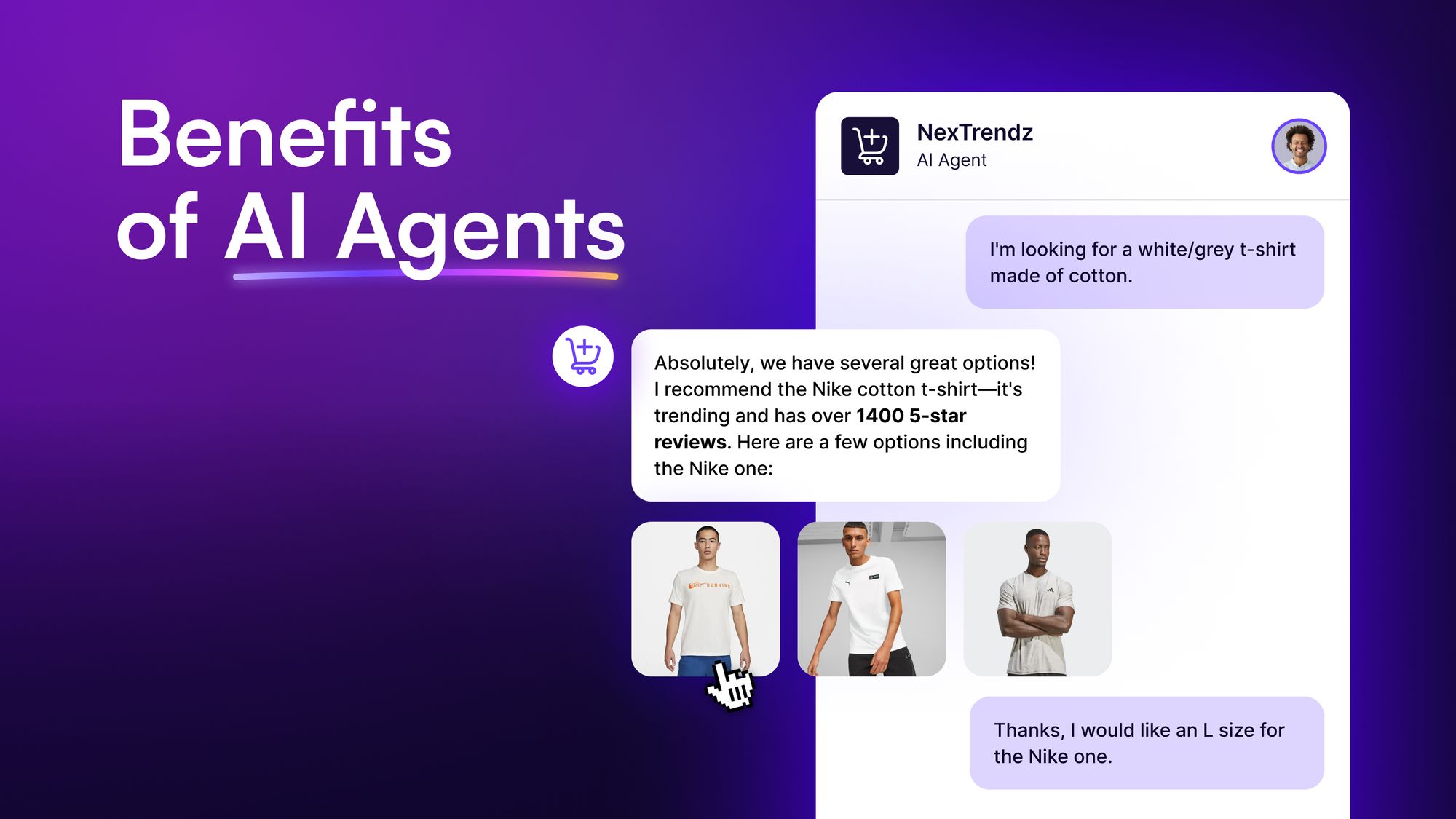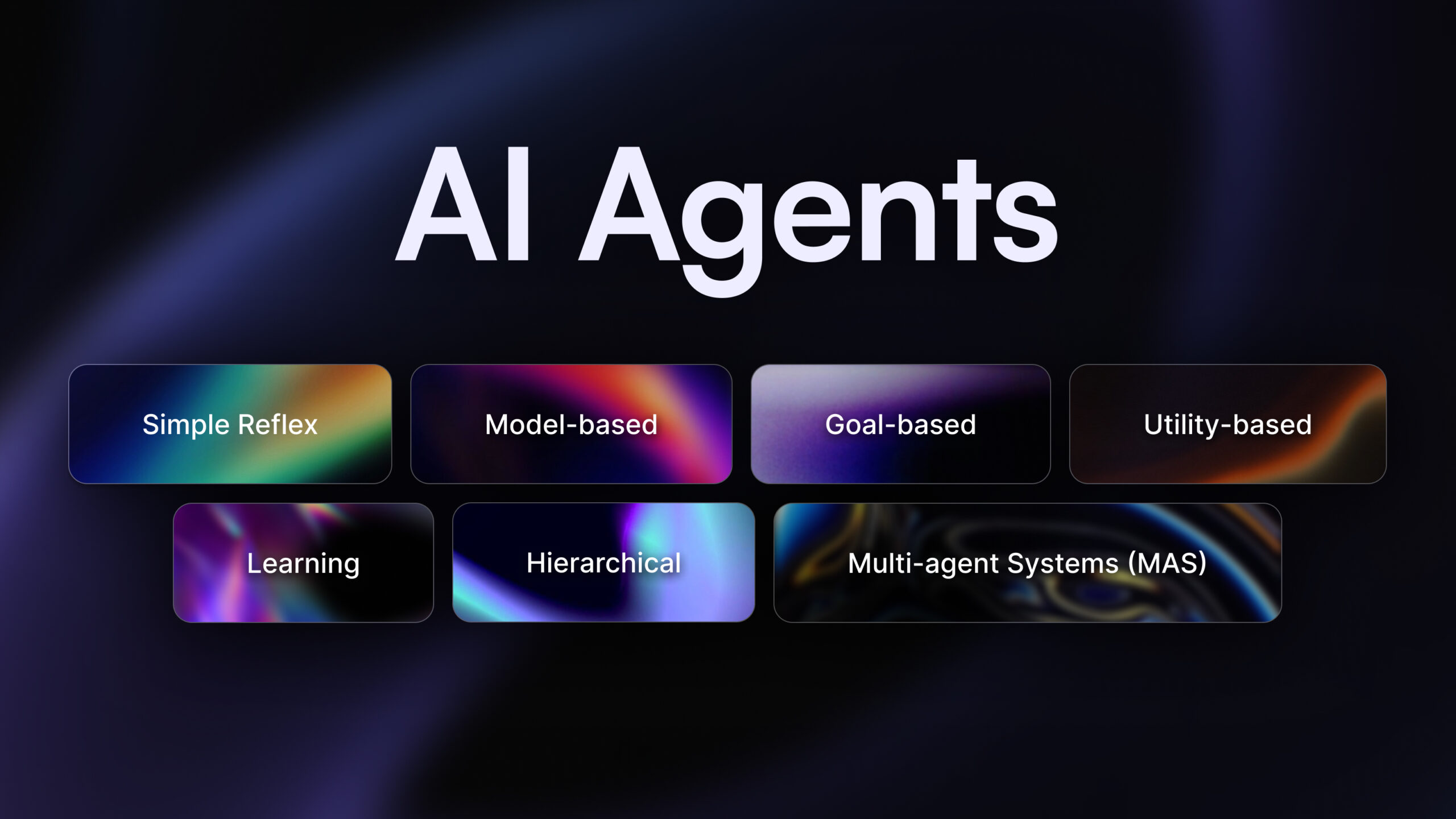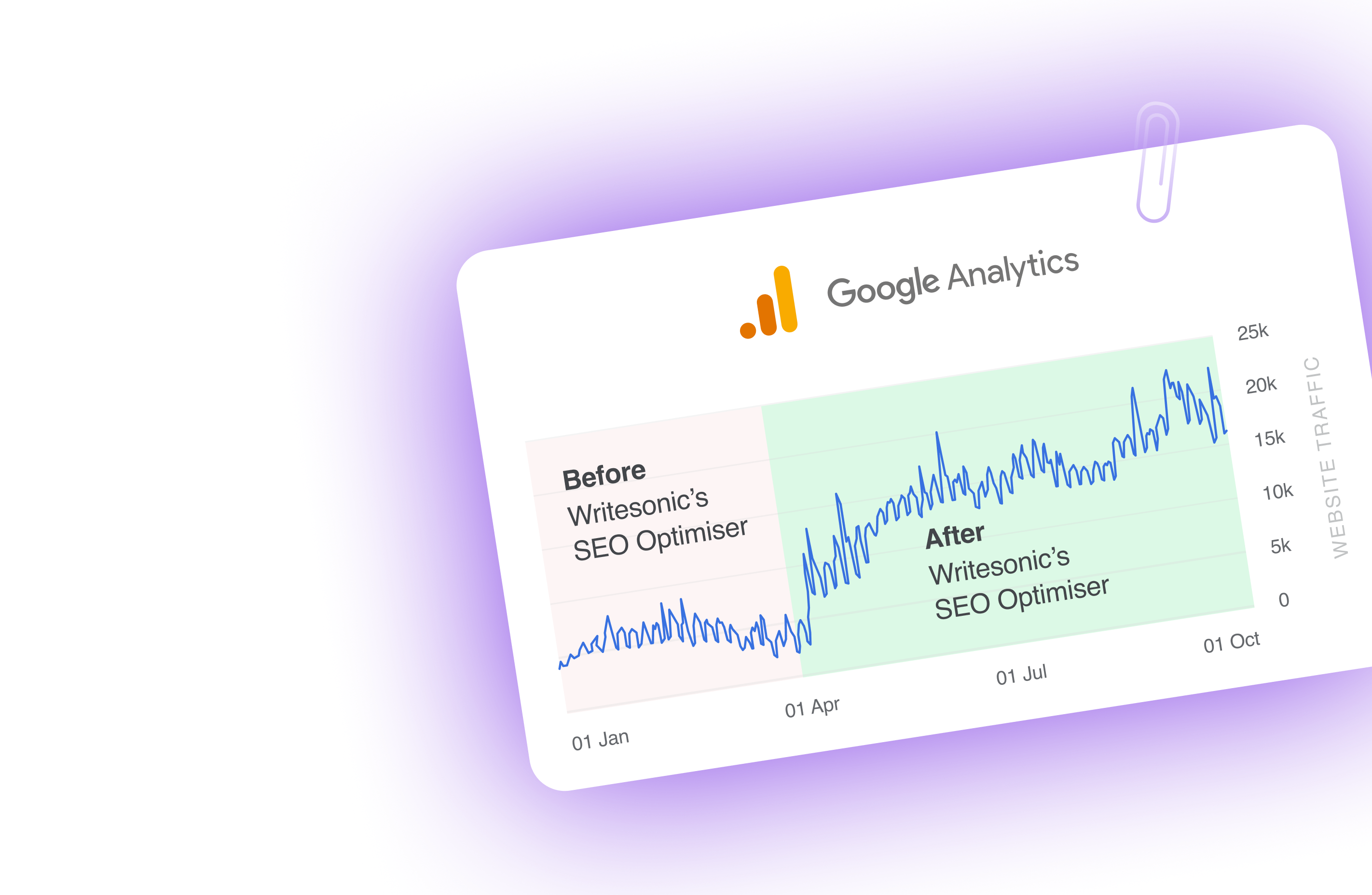Your business could be missing out on growth opportunities by not using B2B AI agents.
These intelligent systems handle marketing, sales, customer service, and operations tasks requiring human intervention. They work nonstop, so you don’t have to.
B2B companies that leverage AI see 40% faster revenue growth than their competitors. They save 30 hours weekly on routine tasks, and their teams can focus on strategic initiatives.
In this guide, we’ll show you exactly how to implement AI B2B agents in your business, what types of agents you need, and the best tools for your workflows.
What are B2B AI agents?
B2B AI agents are smart software systems that understand, respond, and execute business tasks with minimal human intervention. These sophisticated tools help businesses of all sizes, from customer service to complex data analysis.
Autonomous AI agents can collect information from multiple sources, including customer interactions, transaction histories, and social media, and make informed decisions that can transform your business operations.
61% of B2B companies using AI reported increased productivity in the past year.
These core capabilities of B2B AI tools boost business ROI and efficiency for multiple use cases, including sales, marketing, customer support, and more:
- Autonomous decision-making allows AI tools to identify patterns and make decisions based on sophisticated machine-learning models
- Continuous learning helps AI agents refine their responses through each interaction and become more effective over time.
- Immediate processing allows the AI agent to integrate and analyze data instantly for up-to-date responses.
- Task automation allows agents to handle routine tasks independently and free up human resources.
- With intelligent escalation, AI will know exactly when to involve human representatives for complex issues.
How B2B AI agents work
B2B AI agents operate on a framework that combines several key technologies to create intelligent, autonomous systems.
Here’s how they work:
Natural language processing (NLP) forms the foundation, allowing AI agents to understand and communicate in human language. This enables them to interpret customer inquiries, extract crucial information, and formulate appropriate responses.
Building on NLP, machine learning (ML) algorithms help these agents learn from each interaction, continuously improving their performance.
For example, an AI sales agent might refine its pitch based on what works best for different customer segments.
Next, deep learning, a subset of ML, takes this a step further by mimicking human brain function. This is particularly useful for complex tasks like analyzing social media sentiment about your brand.
With this, AI agents leverage big data analytics to make sense of all the information. They process vast amounts of data to derive insights, analyze customer behavior patterns, predict market trends, and more.
Then, API integrations tie everything together, allowing AI agents to connect with various business systems and databases. This enables them to access real-time information and provide seamless service across different platforms.
Finally, cloud computing provides the infrastructure for these agents to operate at scale, ensuring they’re always accessible and up-to-date.
This integrated framework allows B2B AI agents to perform complex tasks autonomously.
For instance, an AI sales agent can engage a website visitor in chat, answer product questions, determine the best time to offer a demo based on past data and schedule a slot–all without human intervention.
💡 Learn more about: What Are AI Agents
Types of B2B AI agents
Businesses today need different types of AI agents to handle day-to-day B2B workflows.
Understanding the different types of B2B AI agents can help you focus on specific business functions and create a continuous connection in your business operations.
From marketing to analytics, here are the types of agents B2B organizations can incorporate into their workflow:
1. Agentic AI for B2B marketing
B2B AI marketing agents shine in multiple use cases.
From analyzing customer behavior for targeted campaigns to conducting SEO audits and keyword research, these agents process huge amounts of data that help you build better marketing strategies.
These agents can automatically group your audience, customize content, and fine-tune ad campaigns with immediate results.
They can also study customer engagement metrics on multiple channels to find the most successful marketing approaches.
For example, Chatsonic exemplifies this by providing a comprehensive suite of marketing solutions.
It offers an all-inclusive marketing solution that streamlines end-to-end workflows, from analysis to creation and publishing.
By integrating with tools like Ahrefs and SEMrush, Chatsonic enhances SEO research and content creation, providing businesses with a seamless experience.
With an AI marketing agent like Chatsonic, businesses can achieve smarter, more personalized marketing strategies without needing extensive marketing expertise.
3. Customer service AI agents
Customer service AI agents are your frontline solution for 24/7 customer support. They can answer FAQs, resolve basic queries, escalate complex issues to human agents, and even provide multilingual support.
Botsonic is a great example of autonomous AI agents in customer service as it offers centralized support and uninterrupted 24/7 availability.
AI agents like Botsonic differ from traditional chatbots because they are powered by advanced natural language processing (NLP) and machine learning, enabling them to understand context, learn from interactions, and provide personalized, intelligent responses that go beyond scripted conversations.
This ensures customers receive consistent, high-quality service at all hours, reducing response times and improving satisfaction.
Additionally, AI voice agents add another layer of interaction, allowing businesses to offer voice-based support, which is becoming increasingly popular.
For example, if you have an inquiry about a delayed shipment, you can call a customer support helpline, where an AI voice agent can provide all the necessary information.
In the end, this alleviates the dependence on human agents so that customers continue receiving support outside business hours.
3. AI sales agents
AI sales agents are revolutionizing lead generation and prospecting.
These agents, such as AI SDRs (Sales Development Representatives), use generative AI for sales teams to identify potential leads, analyze customer behavior, and tailor their outreach for maximum impact.
By leveraging vast amounts of customer data, sales automation AI tools can automate prospecting, prioritize leads, and engage with them through personalized communication.
As a result, this streamlines AI B2B lead generation while saving your sales team valuable time.
4. Operations AI agents
Operations AI agents are designed to streamline complex workflows and improve overall business efficiency.
These B2B AI agents can automate routine tasks like inventory management, order processing, and supply chain optimization, freeing your team to focus on strategic priorities.
For instance, an autonomous AI agent can monitor inventory levels in real time, predict stock shortages using historical sales data, and automate reordering processes to avoid disruptions.
These agents excel in reducing errors and optimizing resource allocation through autonomous workflows and AI-driven decision-making.
5. Analytics AI agents
Analytics AI agents are great for turning raw data into actionable insights. These agents analyze vast datasets from multiple sources, such as CRM systems, customer interactions, and market trends, to uncover actionable insights and predict future outcomes.
Instead of guesswork, you can rely on AI to do all the heavy number crunching and reporting.
With the ability to process and synthesize data at lightning speed, analytics AI agents empower businesses to capitalize on opportunities faster, improving both agility and ROI.
HubSpot is a great example of analytics AI agents in action.
It uses AI to crunch your data, predict which leads are most likely to convert, and show you exactly where your customers are in their journey—making your marketing and sales way smarter and easier.
These agents in AI B2B lead generation and market analysis make them a must-have for competitive growth.
6. Legal agents
Legal operations often involve time-intensive tasks like document review, compliance checks, and legal research.
B2B AI services like Harvey are transforming the legal domain by automating processes and reducing human effort while ensuring precision and compliance.
Harvey, a leading example of a legal AI agent, can review contracts, highlight potential risks, and even suggest changes based on regulatory requirements.
Its natural language processing capabilities allow it to sift through large volumes of legal text, saving lawyers hours of manual work.
7. FinTech AI agents
FinTech AI agents are reshaping the financial industry by automating processes like fraud detection, risk assessment, and customer support.
These agents accurately analyze financial data, identifying anomalies that could signal fraudulent activity or financial risks.
For example, a FinTech AI agent might track transactions in real-time, flagging unusual patterns for further review. They can also assist with credit risk assessments by analyzing customer credit histories and market trends, enabling faster and more informed lending decisions.
FinTech agents offer personalized financial advice and support in customer-facing roles, enhancing customer satisfaction and loyalty.
For example, banking services or accounting teams can leverage FinTech AI to help customers file their taxes.
💡 Also check out: 40 AI Agent Use Cases Across Industries
Benefits of B2B AI implementation
1. Increased business efficiency and productivity
AI automates routine tasks, allowing employees to focus on strategic initiatives.
Consulting firms have reported that AI tools save employees up to 7.5 hours per week, enhancing productivity and enabling them to concentrate on higher-value tasks.
These autonomous systems process information 40% faster than traditional methods, so employees can focus on strategic activities while AI takes care of the routine work.
2. Enhanced lead generation and qualification
AI-driven lead scoring analyzes large datasets to identify and prioritize high-potential leads.
B2B teams leveraging generative AI in sales have experienced efficiency improvements of 10-15%, dedicating more time to customer engagement and less to administrative tasks.
AI B2B lead generation helps your sales team by looking at multiple factors simultaneously. The system ranks leads based on company size, industry type, engagement level, and past data.
These agents can process thousands of data points to find patterns human analysts might miss.
They watch digital footprints on many platforms to create detailed prospect profiles for better targeting and lead generation with AI.
3. Improved customer experience
AI-powered customer service agents provide 24/7 support, resolving inquiries promptly and accurately.
This continuous availability enhances customer satisfaction and loyalty, as clients receive immediate assistance regardless of time zones.
Plus, with AI agents like Botsonic, you don’t have to worry about language barriers as the platforms work with 50+ languages.
This means you can expand your B2B services across multiple countries without the hassle of translations and hiring individuals.
These AI-powered assistants are like having virtual coworkers on your team that are available round the clock to maintain customer operations.
4. Data-driven decision making
AI agents help you make better decisions by analyzing big amounts of data quickly and accurately. They find trends, patterns, and connections that help with strategic planning.
You can adjust strategies based on current market conditions with immediate insights. The agents analyze competitor moves, market trends, and customer behavior to suggest practical steps.
Your business decisions become more fact-based and reduce the risk of expensive mistakes. The system keeps track of key performance indicators and alerts you to possible problems or opportunities.
5. Cost reduction and higher ROI
AI adoption leads to substantial cost savings by automating processes and reducing the need for manual intervention.
A G2 survey revealed that 83% of organizations have already seen a positive ROI from their AI investments.
Most businesses see positive returns within the first year of using B2B AI agents.
With AI implementation, you save money in several areas:
- Reduced staffing needs for routine tasks.
- Lower error-related expenses.
- Decreased customer service costs.
- Minimized marketing waste.
- Optimized resource allocation.
💡Read more about: Top 7 Benefits of AI Agents With Examples and Use Cases
Top B2B AI agent tools to automate your workflow
The right B2B AI agent tools can redefine how businesses operate, enabling end-to-end automation, smarter decision-making, and enhanced productivity.
But of course, your success depends on AI platforms that align with what you need and want to achieve.
To help you out, here’s a list of the best B2B agents we came across for marketing automation, lead generation, and sales use cases.
1. Best AI for B2B marketing agents: Chatsonic
Chatsonic is not just another ChatGPT alternative; it’s a complete AI marketing agent designed to replicate the intelligence and expertise of a seasoned marketing consultant.
Unlike generic AI tools that offer isolated solutions, Chatsonic connects the dots across the entire marketing lifecycle—analysis, creation, and publishing—all within a single interface.
Here’s what sets Chatsonic apart from other AI marketing agents:
Unified workflows:
Unlike tools like Jasper or Copy.ai, which focus primarily on content generation, Chatsonic integrates marketing research, optimization, and publishing.
For example, it uses real-time SEO data from tools like Ahrefs and Keywords Everywhere to craft strategies that are not only creative but also data-driven.
End-to-end capability:
With Chatsonic, you can perform various marketing activities like conducting in-depth keyword research, competitor analysis and generating content for blog posts, ad copy, and social media campaigns.
You can even directly publish content to platforms like WordPress, eliminating the need for manual uploads or multiple tools.
Tailored output for marketers:
Many tools produce generic suggestions or require constant human guidance. But Chatsonic adapts to your unique brand voice, audience, and goals, mimicking the expertise of a human marketing strategist.
All you have to do is configure your brand voice by inputting a doc, link, or PDF replicating your content style.
Up-to-date and fact-checked data:
Chatsonic’s integrations with platforms like Google Search Console, Ahrefs, and real-time web search, make AI hallucinations a thing of the past.
The platform will only present you with the most recent, factual information, meaning you don’t have to spend time cross-checking data.
Whether you’re a solopreneur who needs an all-in-one, low-learning-curve marketing solution, an agency looking for high-quality, error-free AI writing, or an in-house team aiming to reduce costs, Chatsonic has you covered!
💡You might also like: How AI SEO Agents Can Boost Search Rankings
2. Best agents for AI B2B lead generation
Marketo Engage by Adobe
Marketo Engage, part of Adobe’s suite of products, is a perfect tool for streamlining B2B lead generation with AI.
The predictive lead scoring through smart AI algorithms allows you to identify which leads are most likely to convert, so your sales team can focus on the most promising opportunities.
This means less time wasted and more deals closed.
Plus, Marketo Engage lets you run campaigns across different channels like email, web, and mobile, ensuring your message is consistent and personalized for each prospect.
What makes Marketo Engage stand out is its ability to tailor content to individual preferences, thanks to its advanced personalization features.
Unlike standard CRMs, Marketo goes beyond basic lead tracking to analyze intent, helping teams craft more effective campaigns.
The tool integrates seamlessly with CRM systems, keeping your marketing and sales data in sync, which is super handy for gaining insights into buyer behavior.
With customizable reports and dashboards that give you a clear view of how your campaigns, you can tweak your strategies to get the best return on investment.
Overall, Marketo Engage is perfect for businesses looking to automate their marketing while getting a deeper understanding of their customers.
LeadAI
LeadAI stands out with its cutting-edge machine learning algorithms that analyze vast datasets to identify and prioritize high-quality leads.
This ensures your sales team focuses on prospects with the greatest conversion potential, optimizing both time and resources.
LeadAI’s personalization capabilities are a game-changer.
By examining individual prospect behaviors and preferences, it tailors outreach strategies to deliver the right message at the right time, significantly boosting engagement rates.
The tool also offers deep insights into market trends and customer needs, empowering businesses to make data-driven decisions.
With its intuitive interface and powerful features, LeadAI streamlines the lead generation process and helps build stronger, more meaningful relationships with prospects, driving sustainable business growth.
If your priority is to automate communication with prospects while maintaining meaningful relationships, LeadAI is a great choice.
Best B2B sales AI agents
Hubspot Sales Hub
HubSpot Sales Hub is the perfect B2B AI sales agent, designed to make your process smoother and more efficient.
This sales AI software connects with over 1,600 tools in HubSpot’s App Marketplace, so you can tailor your sales ecosystem just the way you like it.
Key features include their sales engagement tools that help you reach out to leads effectively, and lead management and prospecting to keep all your sales activities in one place.
With built-in email templates and tracking, you can personalize and track emails easily, while sales automation features handle follow-ups, keeping your prospects engaged.
The tool also offers call tracking and meeting scheduler features prioritize calls and use AI to set up meetings, ensuring you never miss an opportunity.
Finally, the sales analytics and robust reporting dashboards give you a clear view of your sales performance, helping you forecast and achieve great results.
HubSpot Sales Hub is all about helping you focus on quality, boosting productivity, and building strong customer connections.
Salesforce
Salesforce‘s AI sales agents are revolutionizing sales with their autonomous and generative AI capabilities.
What makes this platform stand out is the Salesforce Einstein AI trust layer. This feature ensures data security with all your client data and robust integration with other CRM apps.
These agents handle early funnel tasks like lead nurturing and meeting scheduling, ensuring a seamless transition to human sellers.
With generative AI in sales, SDRs can auto-generate personalized emails, synthesize call summaries, and automate prospect research, keeping CRM data up-to-date.
The Sales Cloud Einstein’s predictive AI features prioritize deals and enhance forecast accuracy by analyzing trends.
And with conversation intelligence, you can get insights into sales calls, helping teams move deals forward efficiently.
💡 For more information, check out: 12 Best AI Agents You Need to Try in 2025
5 steps for B2B AI implementation for your business
Step 1: Identify high-impact B2B use cases for your business
Your first task is to analyze current business processes and find areas where AI creates the most value. The focus should be on repetitive, time-consuming tasks or those prone to human error.
Start by auditing your existing workflows completely. List all processes that take up significant employee time or create operational bottlenecks. This analysis helps you decide which areas need immediate attention.
Here are the key factors to review when looking at potential use cases:
- Current hours spent on repetitive tasks
- Frequency of manual errors
- Cost impact and resource allocation
- Scalability needs
- ROI potential
When you identify exactly which workflows to automate using B2B AI agents, you’ll have a better idea of what kind of tools to invest in.
Step 2: Select the right B2B agents
When looking for the best B2B AI services for your team, carefully consider the capabilities of different agents and how they align with your business goals.
For example, an AI marketing agent like Chatsonic could be ideal if you need an all-in-one, low-learning-curve marketing solution.
Be sure to evaluate the platform’s integration capabilities with your existing systems.
Seamless integration is essential for ensuring that the AI agents can access and utilize data effectively and automate your workflow autonomously. Without the necessary integrations, you’ll have a disintegrated tech stack.
If you’re an in-house marketing team, you’ll want an AI agent that integrates well with tools like Google Search Console and WordPress.
Or, if you’re in sales, you’ll need an AI agent that integrates with your CRM and email outreach tools.
Step 3: Ensure seamless integration and data security
While AI agents offer significant automation and efficiency benefits, they also introduce new security challenges. These agents often handle sensitive data, making them attractive targets for cyberattacks.
This means compliance with regulations like GDPR, HIPAA, and CCPA is non-negotiable. AI systems must adhere to these laws governing how data is stored, processed, and accessed.
Organizations must adopt cybersecurity measures for effective AI implementation in B2B, such as identifying access management and zero-trust frameworks.
Meanwhile, work with your IT team to ensure proper API connections and data flow between systems. You can also ask your AI agent provider about data security handling through customer support and demos.
Key security measures to implement:
- End-to-end encryption for data transmission
- Regular security audits
- Access control mechanisms
- Compliance monitoring
- Backup and recovery protocols
Step 4: Train and customize your B2B AI services
Training and customizing your B2B AI agent is crucial in maximizing its effectiveness and ensuring it aligns with your business goals.
Start by configuring the AI agents to understand your brand’s unique voice and tone.
This involves setting parameters that dictate how the AI interacts with clients, ensuring consistency in communication.
For example, Chatsonic offers a brand voice configuration where marketing teams can create and edit writing styles to reflect your target tonality, whether it’s formal, friendly, or educational.
This level of customization ensures that every interaction reinforces your brand identity, enhancing user experience and more accurate AI responses.
Training your AI agents also involves feeding them relevant data and scenarios reflecting your business operations. This helps the AI learn and adapt to specific industry nuances, improving its decision-making and problem-solving capabilities.
Regularly updating the AI with new data and feedback is essential for continuous improvement.
This iterative process ensures that your agent remains aligned with evolving business needs and market trends.
Step 5: Conduct regular A/B testing for AI agent performance
A/B testing involves comparing two versions of an AI agent’s output to determine which performs better in achieving specific business goals.
This process allows you to fine-tune the AI’s algorithms and configurations, ensuring that it consistently meets your expectations. For example, you can test different brand voice types to see which resonates more with your audience.
Moreover, A/B testing provides valuable insights into customer preferences and behaviors, allowing you to tailor your AI agents to meet their needs.
Regular testing also helps identify any biases or inaccuracies in the AI’s outputs, allowing for timely corrections.
Remember to document all test results and changes made based on testing outcomes. This documentation creates a valuable knowledge base for future optimizations and helps justify additional AI investments.
From nailing lead generation to handling customer queries at 2 AM, B2B AI agents do the heavy lifting so your team can focus on the big wins.
And if you’re looking for a game-changer, Chatsonic is the AI buddy your team deserves—smart, efficient, and ready to take your workflows to the next level.
Ready to scale with ease? Try Chatsonic and see how your B2B team excels with AI.
FAQs
1. How is AI used in B2B sales and marketing?
AI in B2B sales and marketing helps identify the best leads, ensuring sales teams focus on the right prospects.
AI agents can personalize marketing efforts by analyzing customer data to tailor content, boosting engagement and conversions. For SDRs, chatbots powered by AI agents can handle customer queries around the clock, improving service and nurturing leads.
Plus, AI analyzes trends in customer behavior, helping businesses adapt their marketing strategies to stay ahead.
2. How is AI used in B2B?
AI B2B tools make life easier by automating routine tasks, freeing up time for more strategic work.
These AI agents can optimize supply chains by efficiently predicting demand and managing inventory. AI crunches big data to provide insights that guide better decision-making, enhancing product development and market strategies.
It also personalizes client interactions, strengthens relationships, and boosts customer satisfaction.

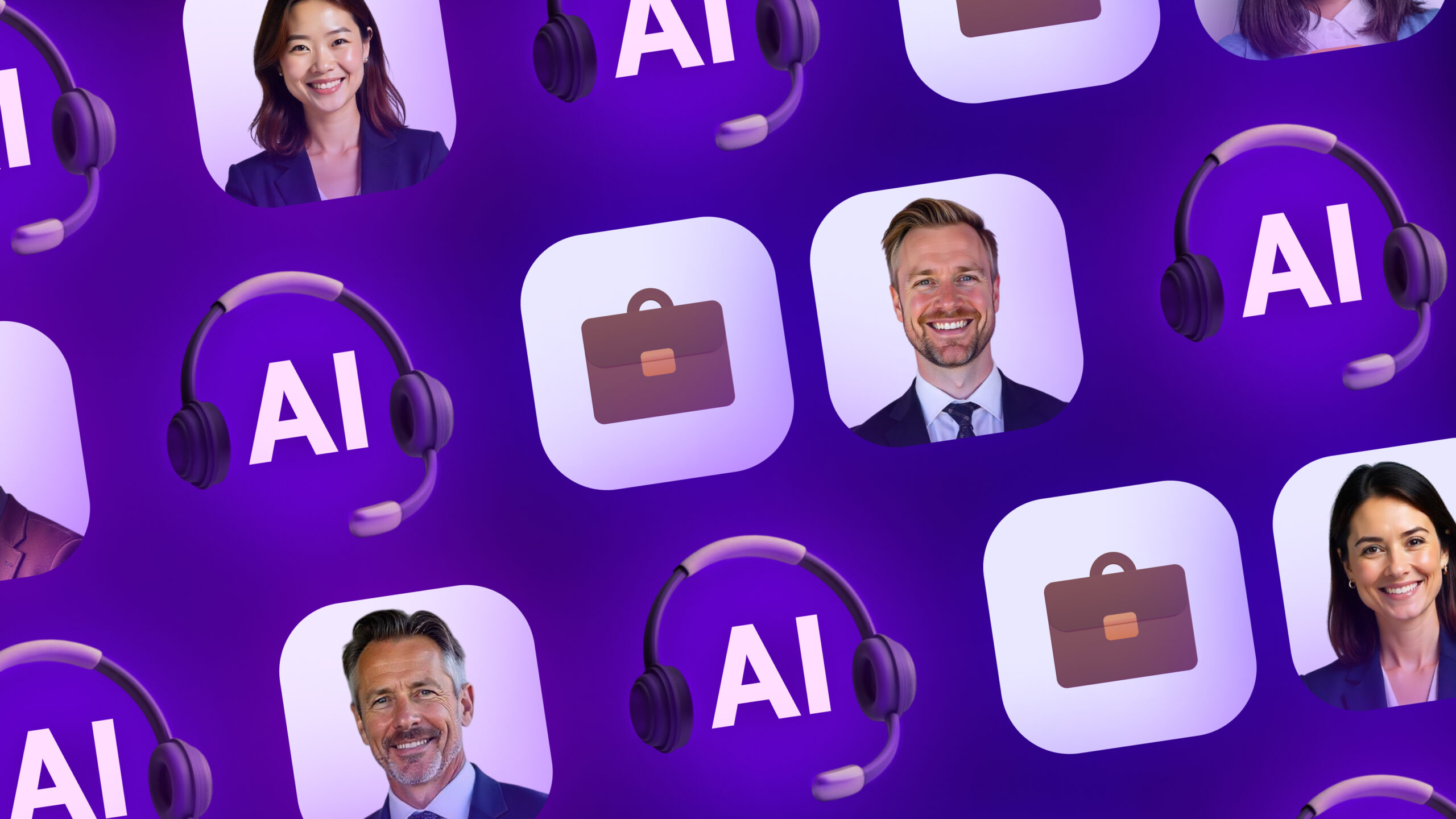
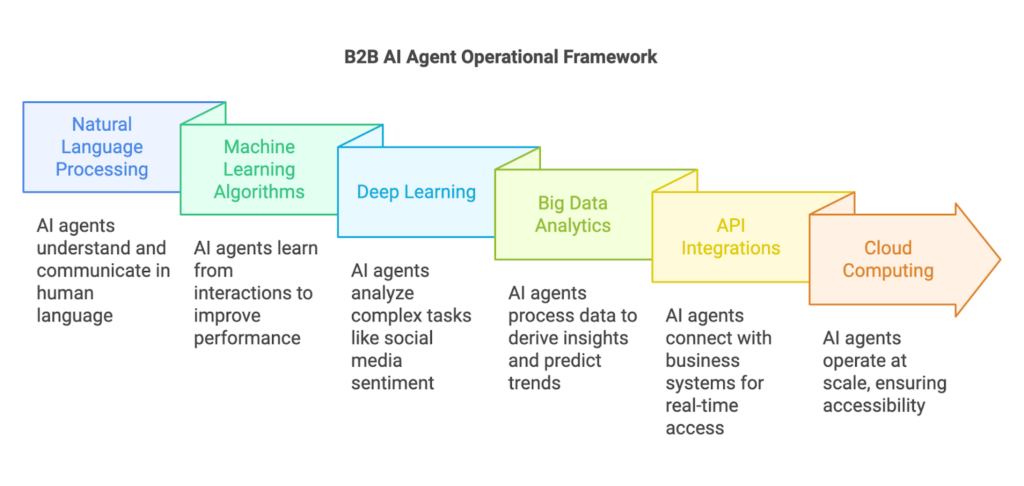
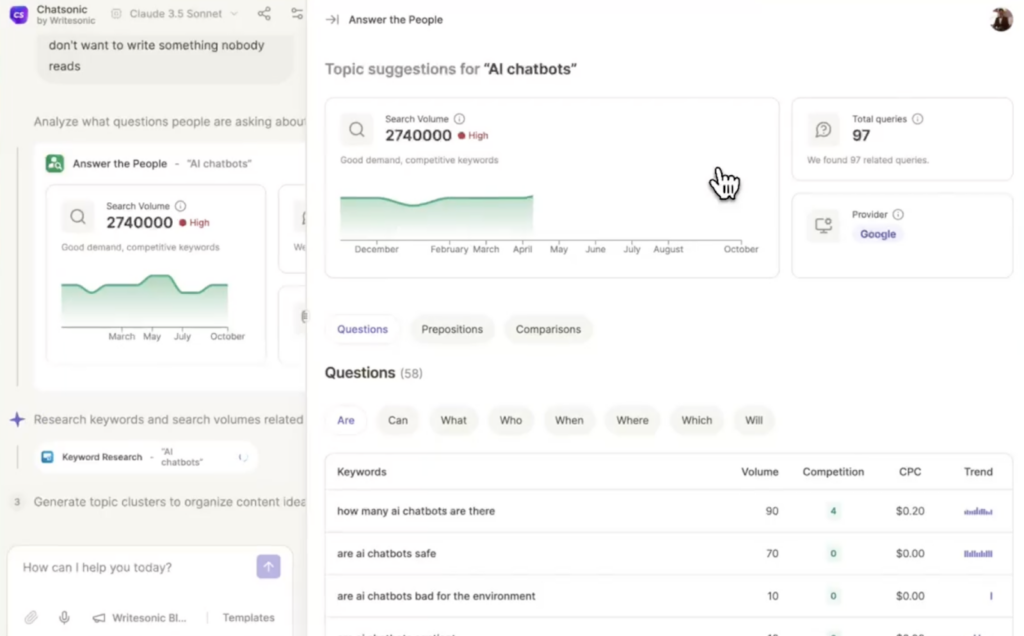
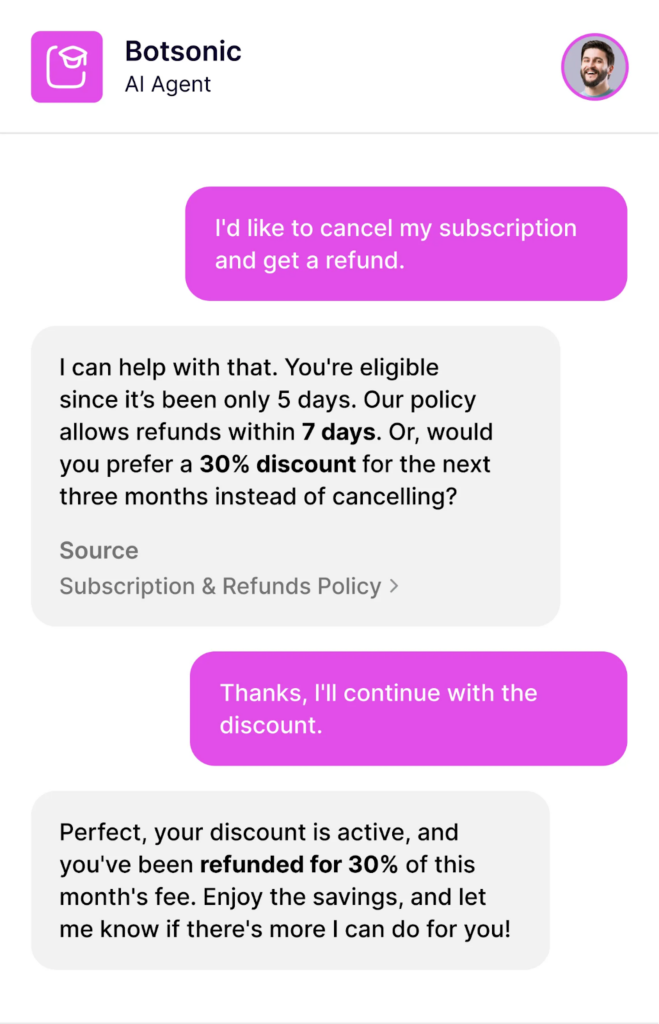
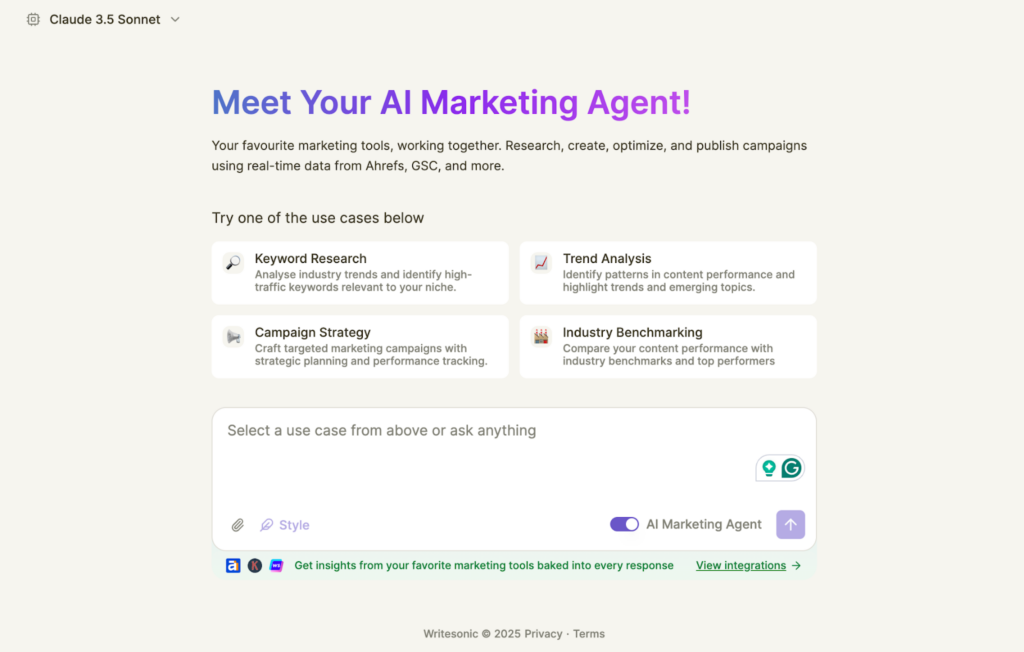
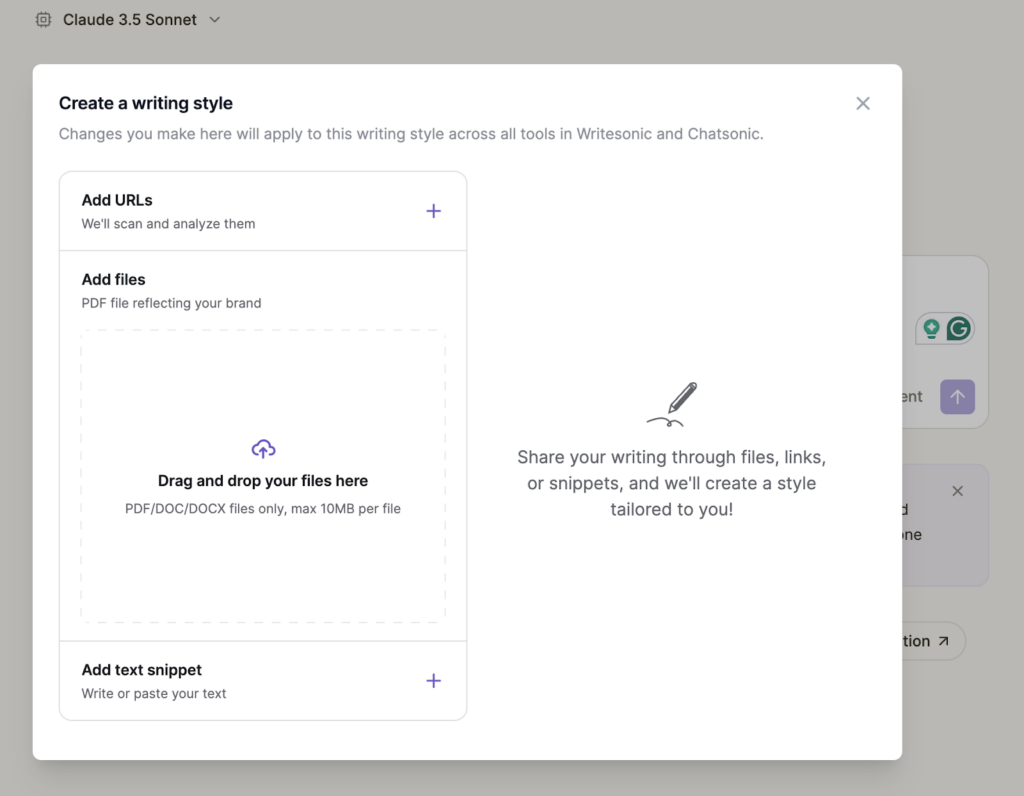
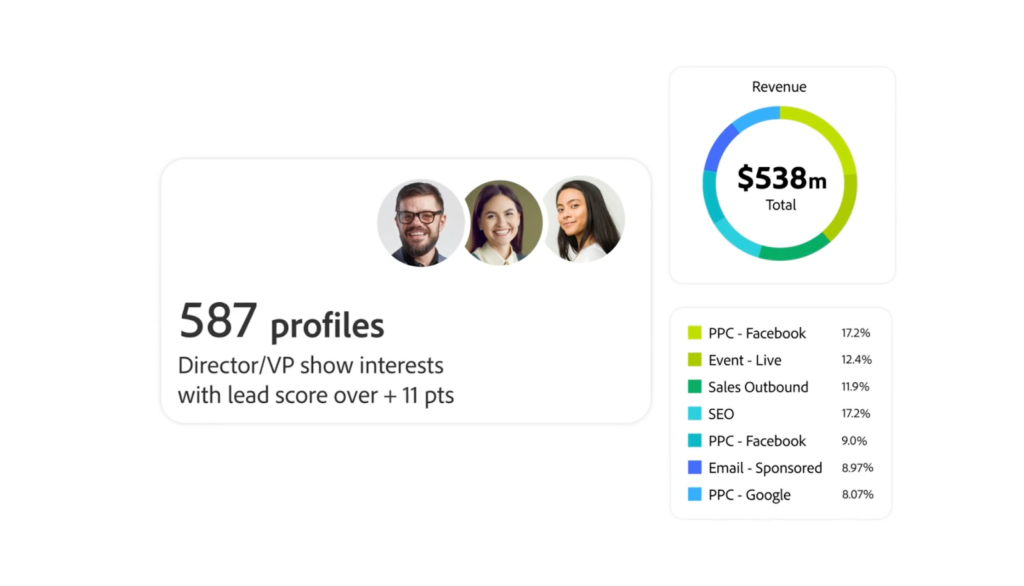
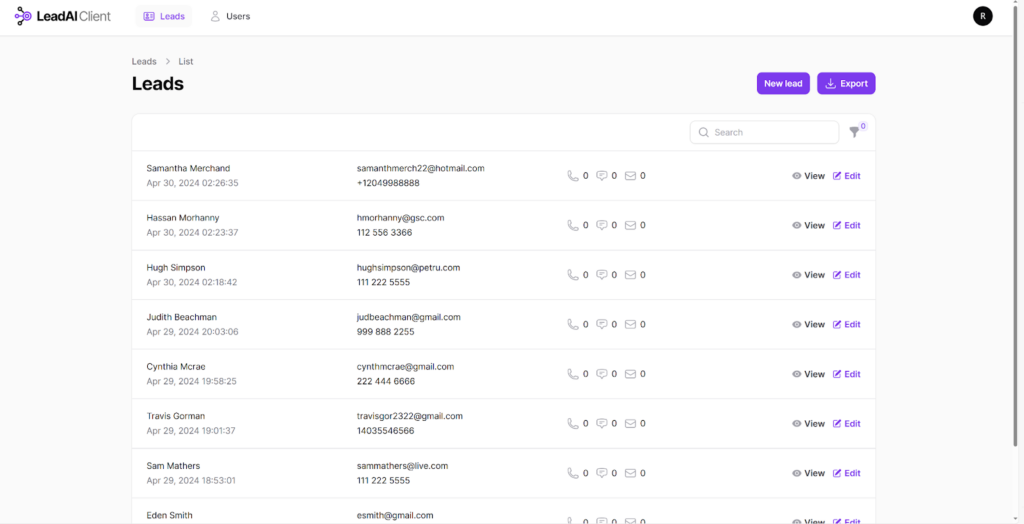


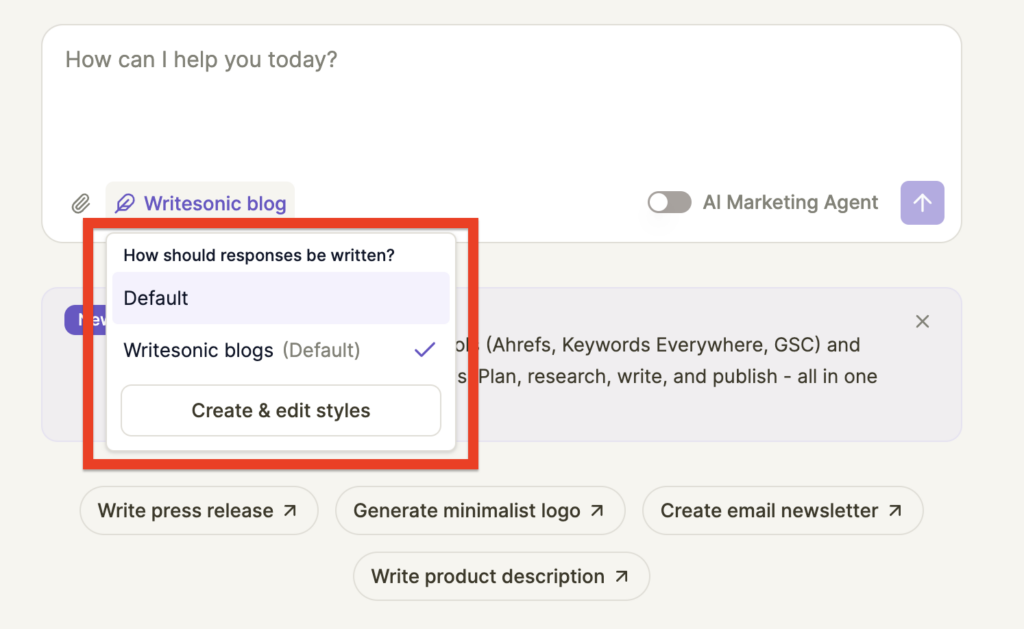

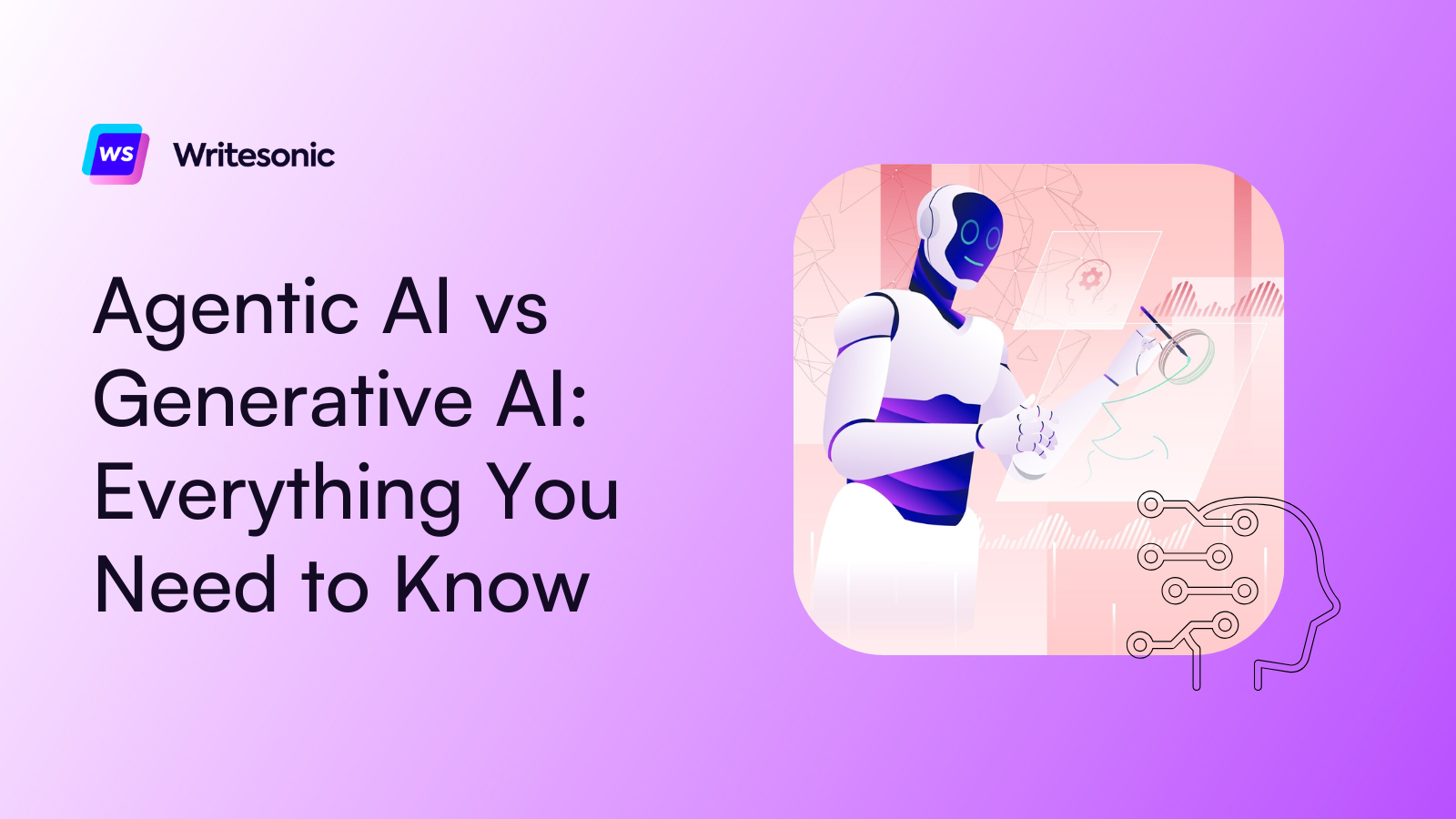
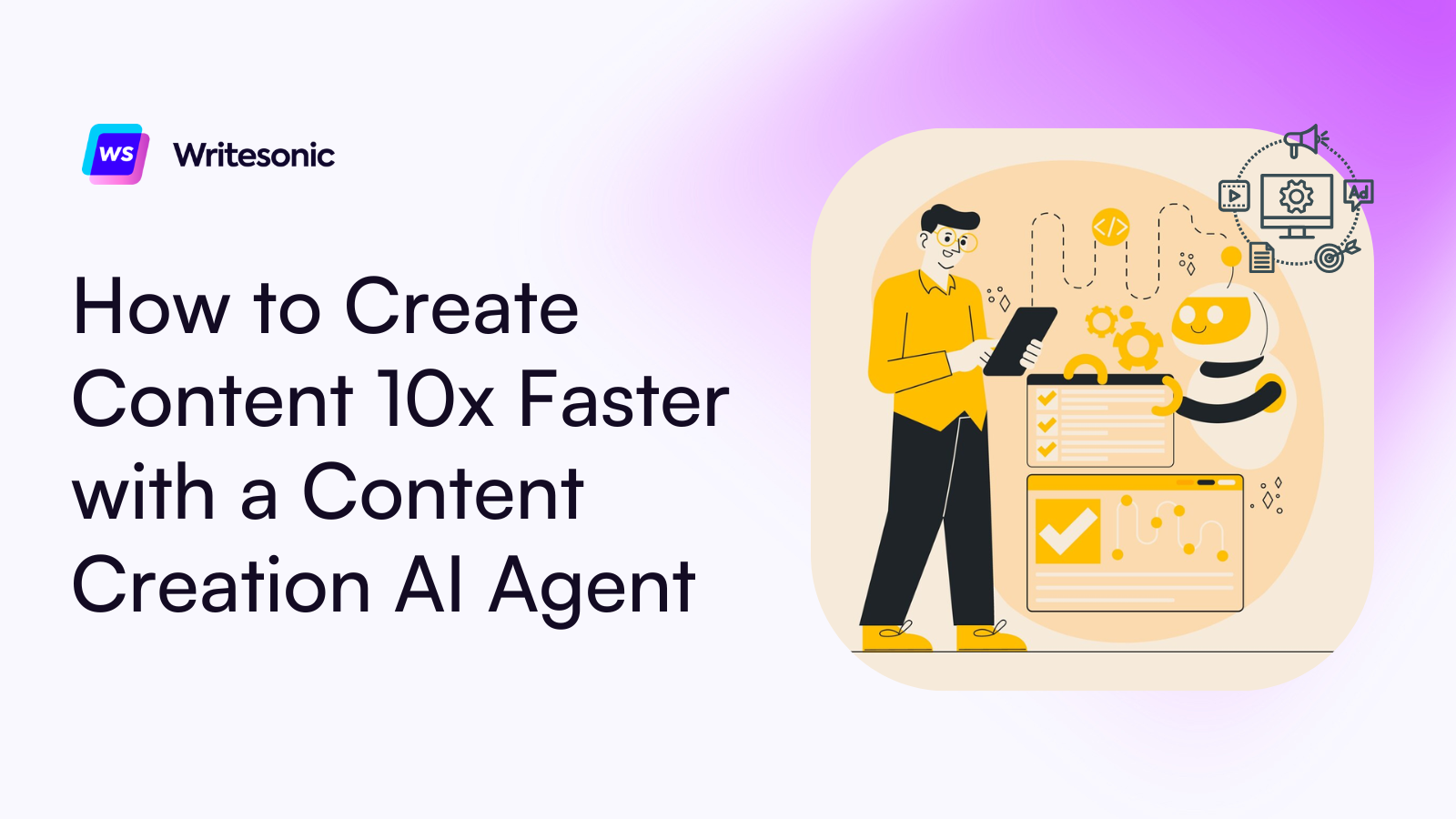

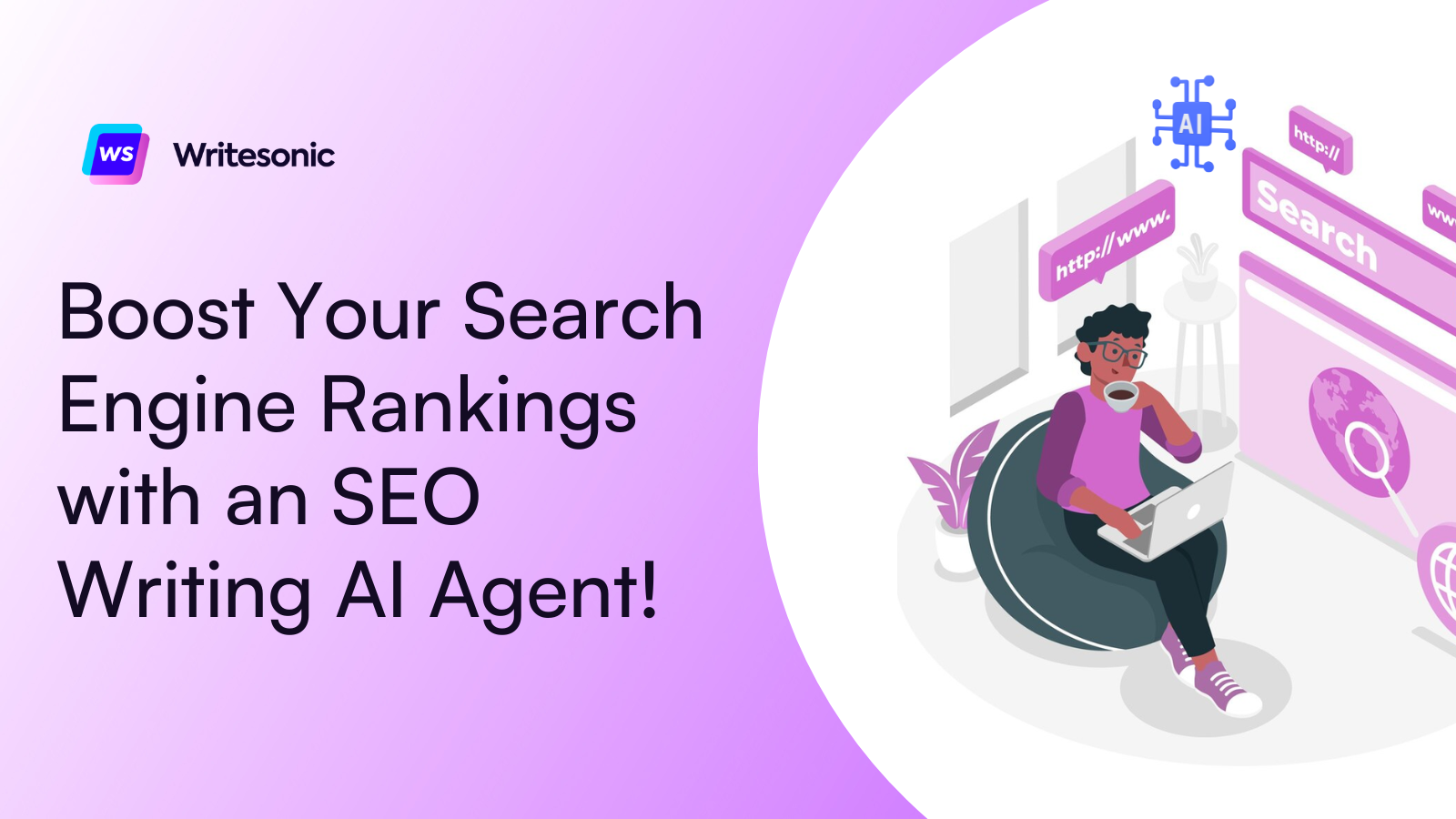

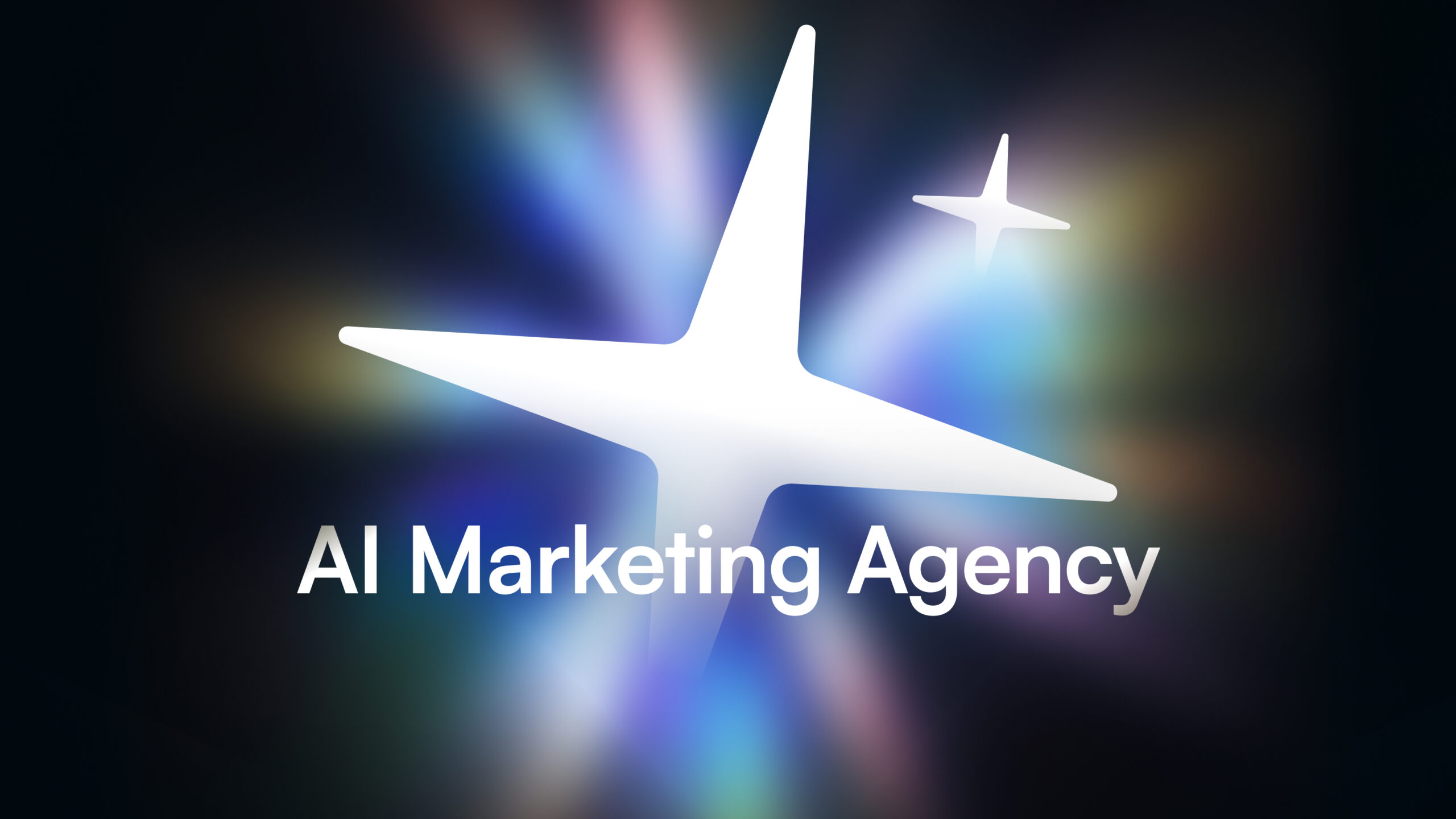
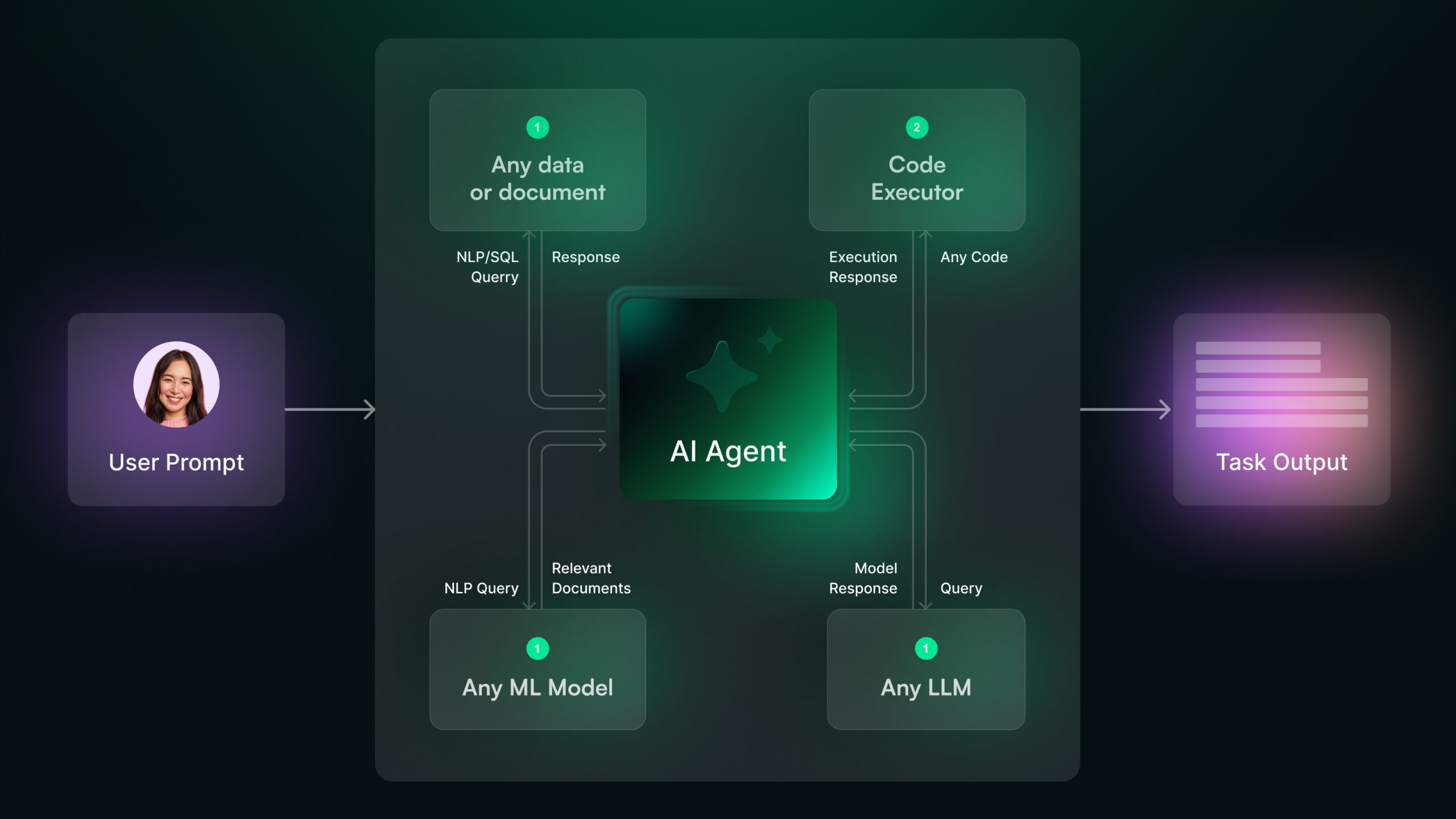
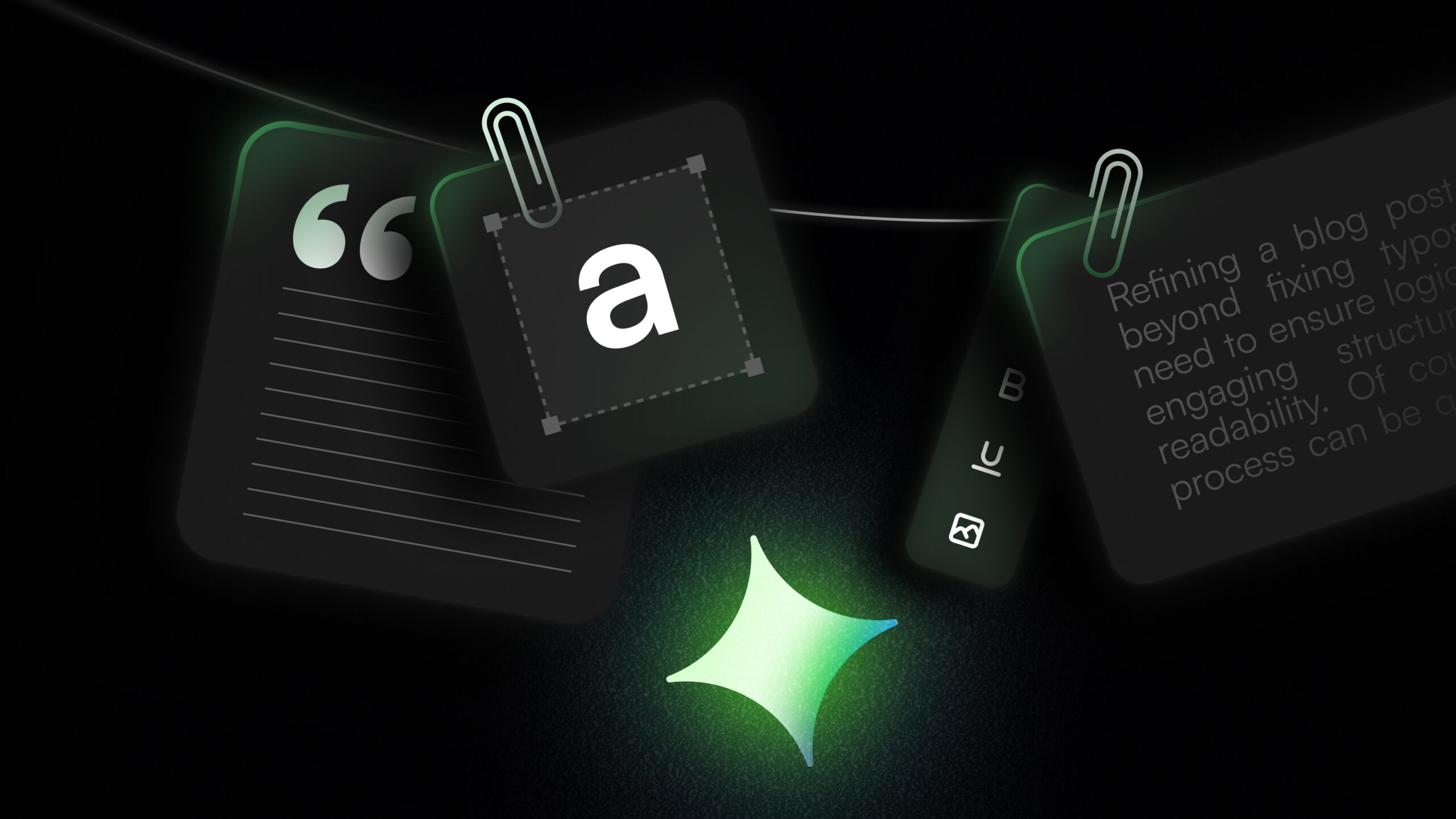
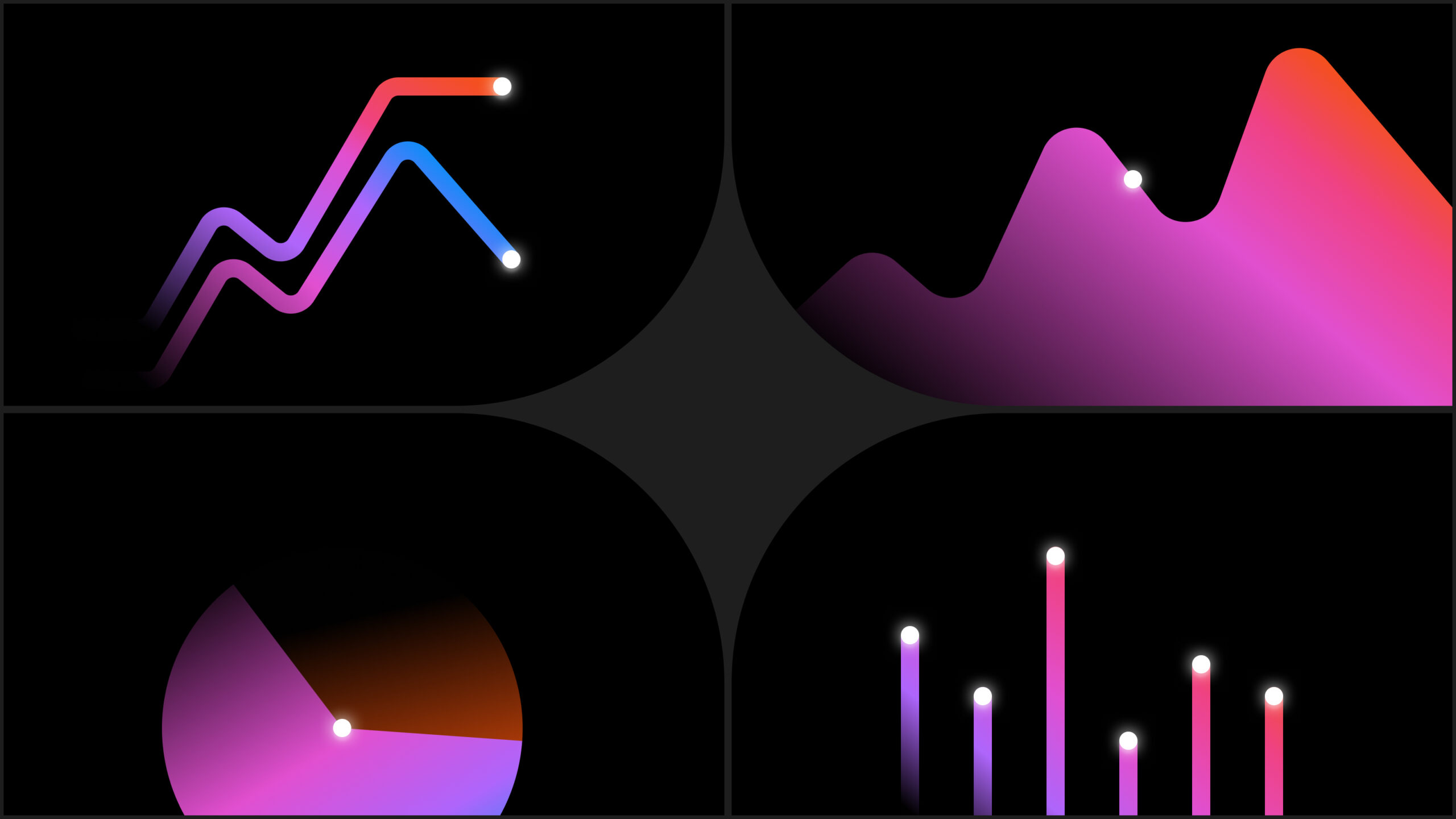

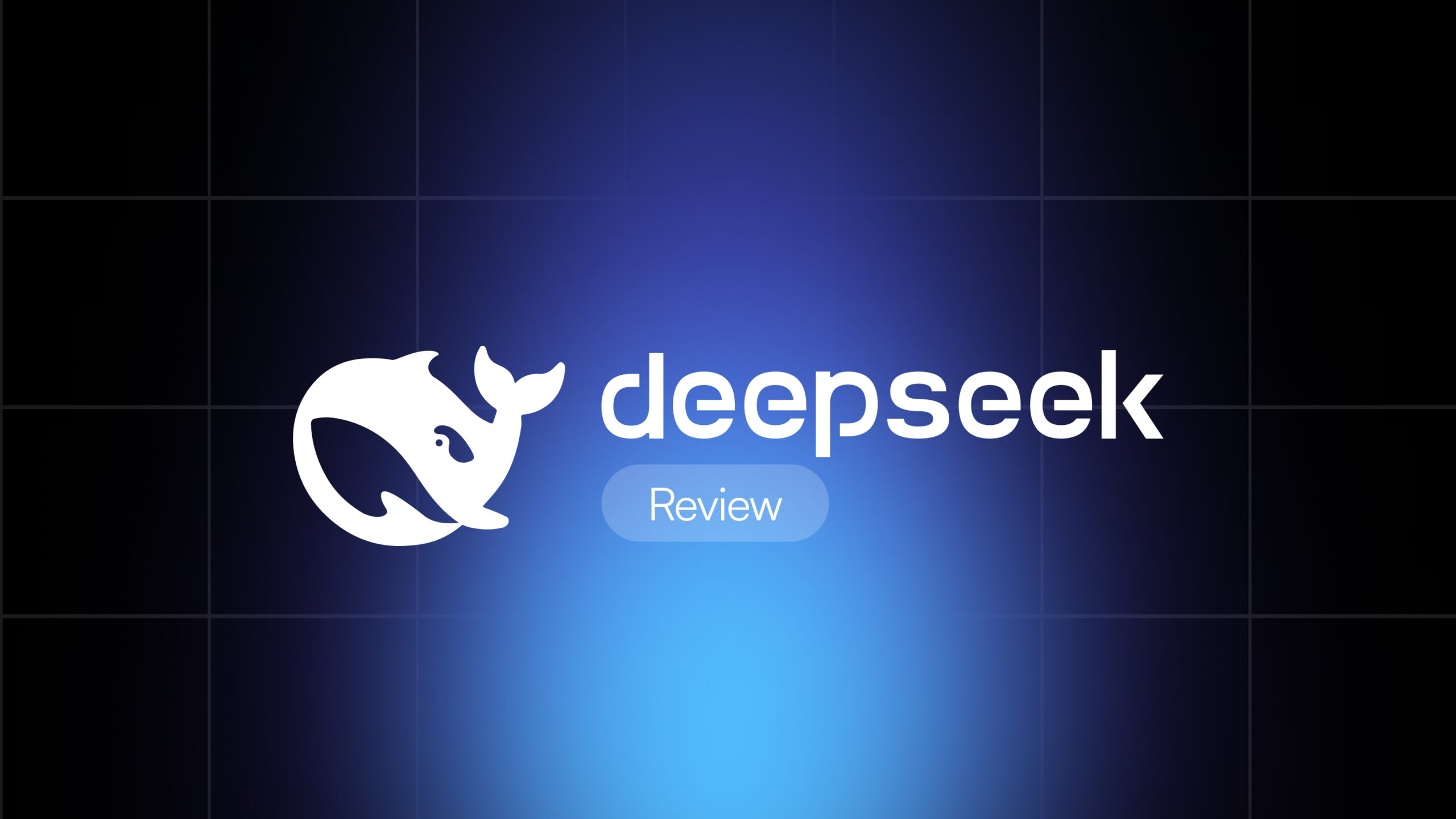


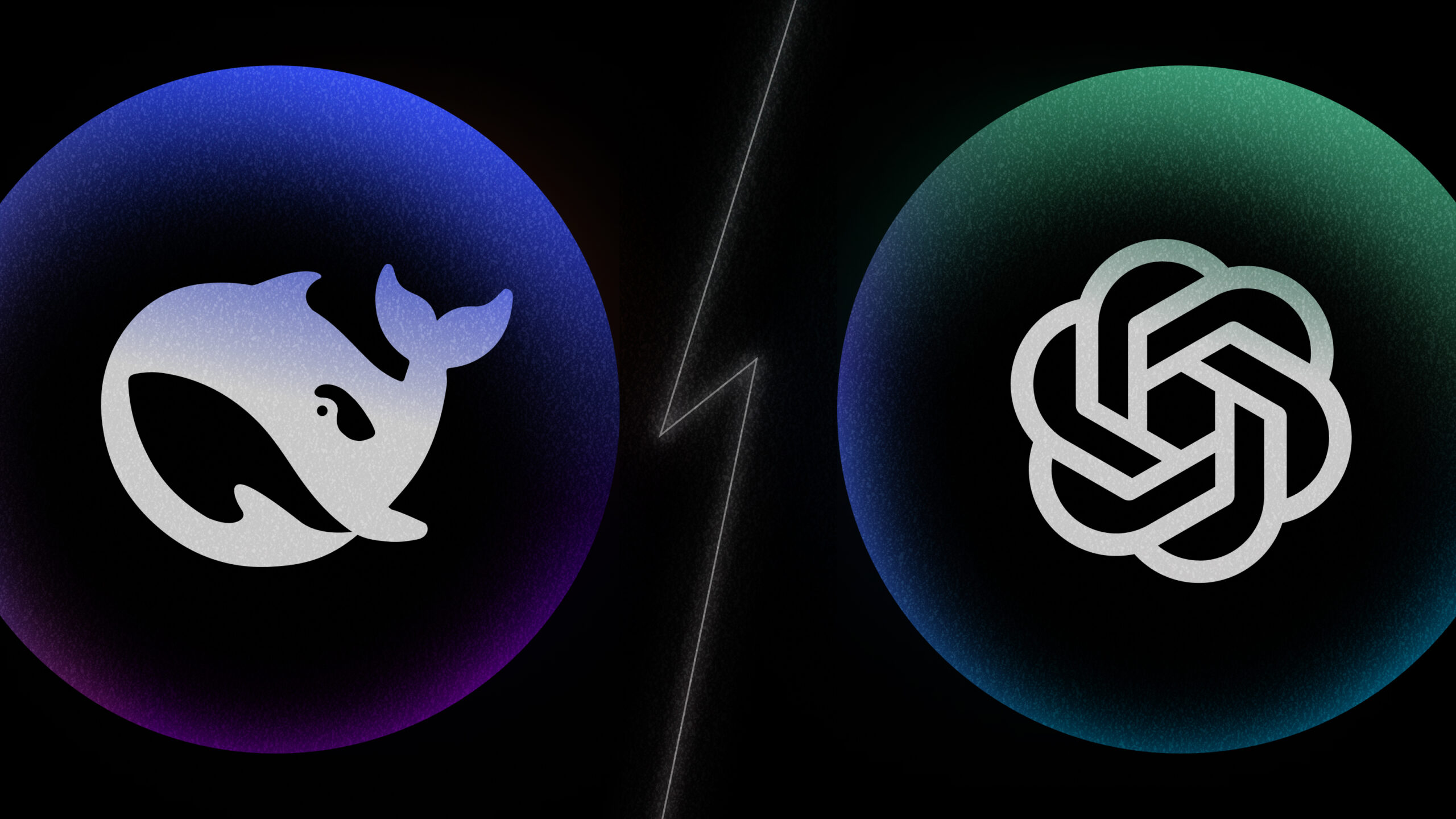

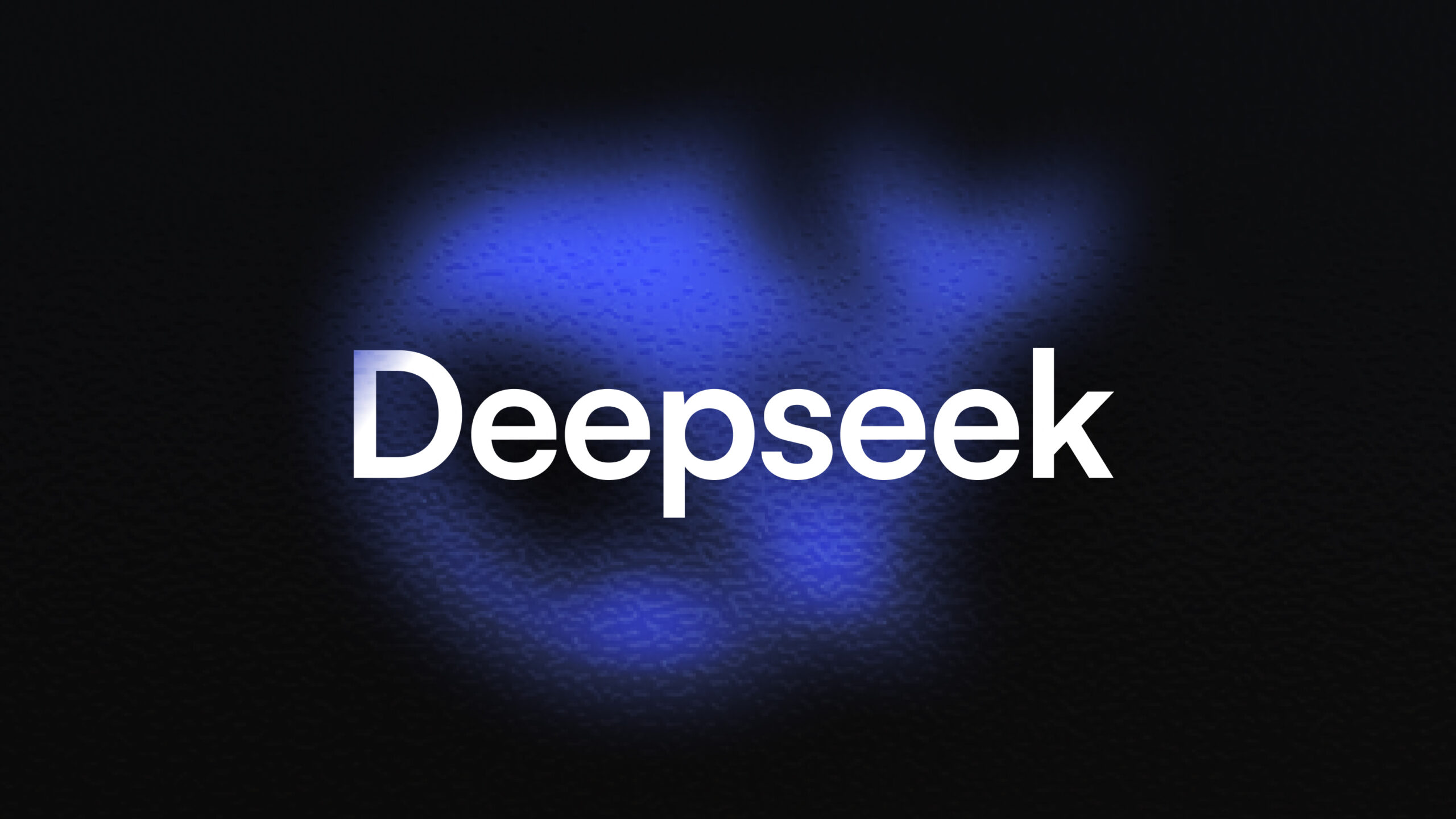
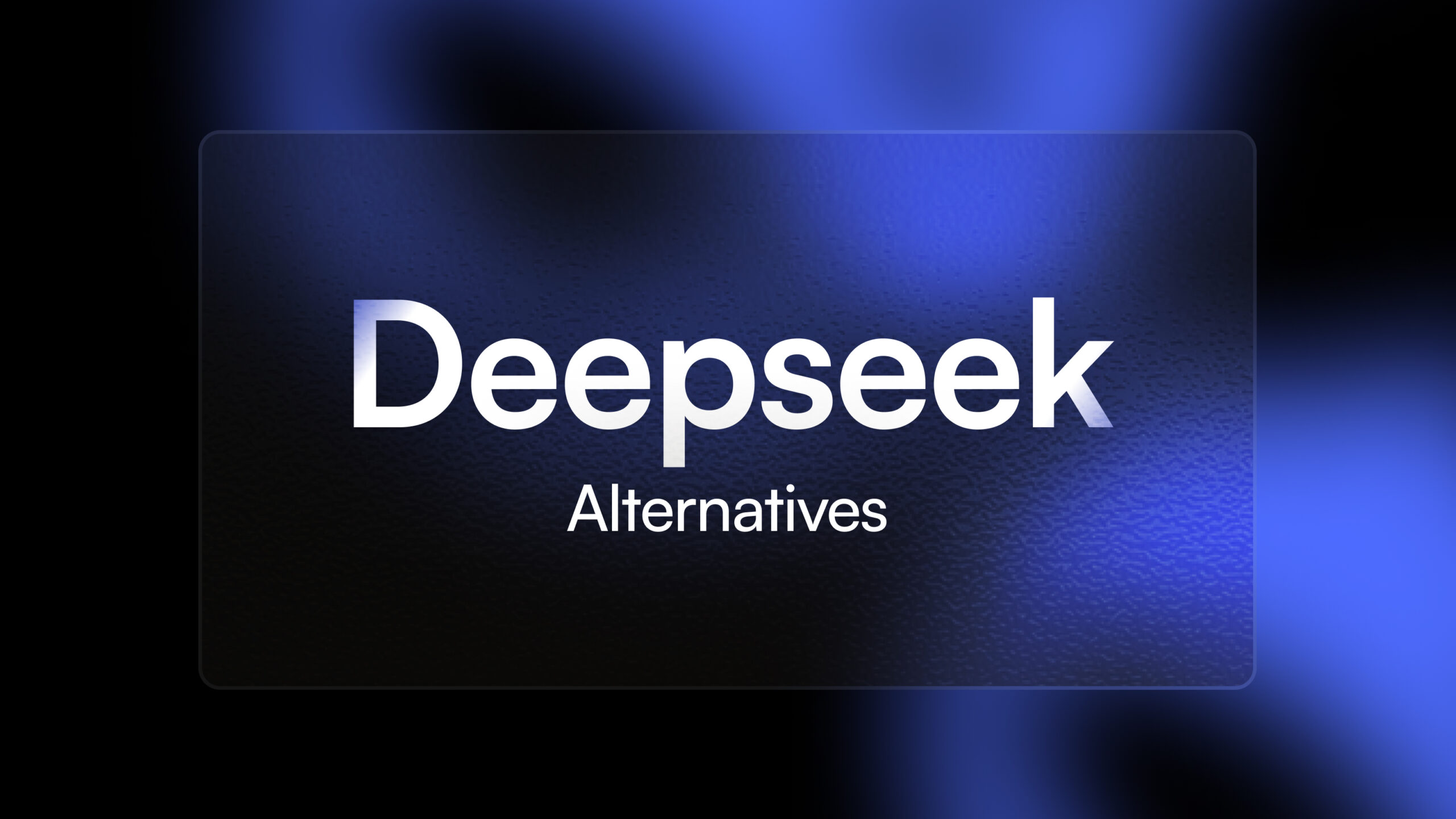
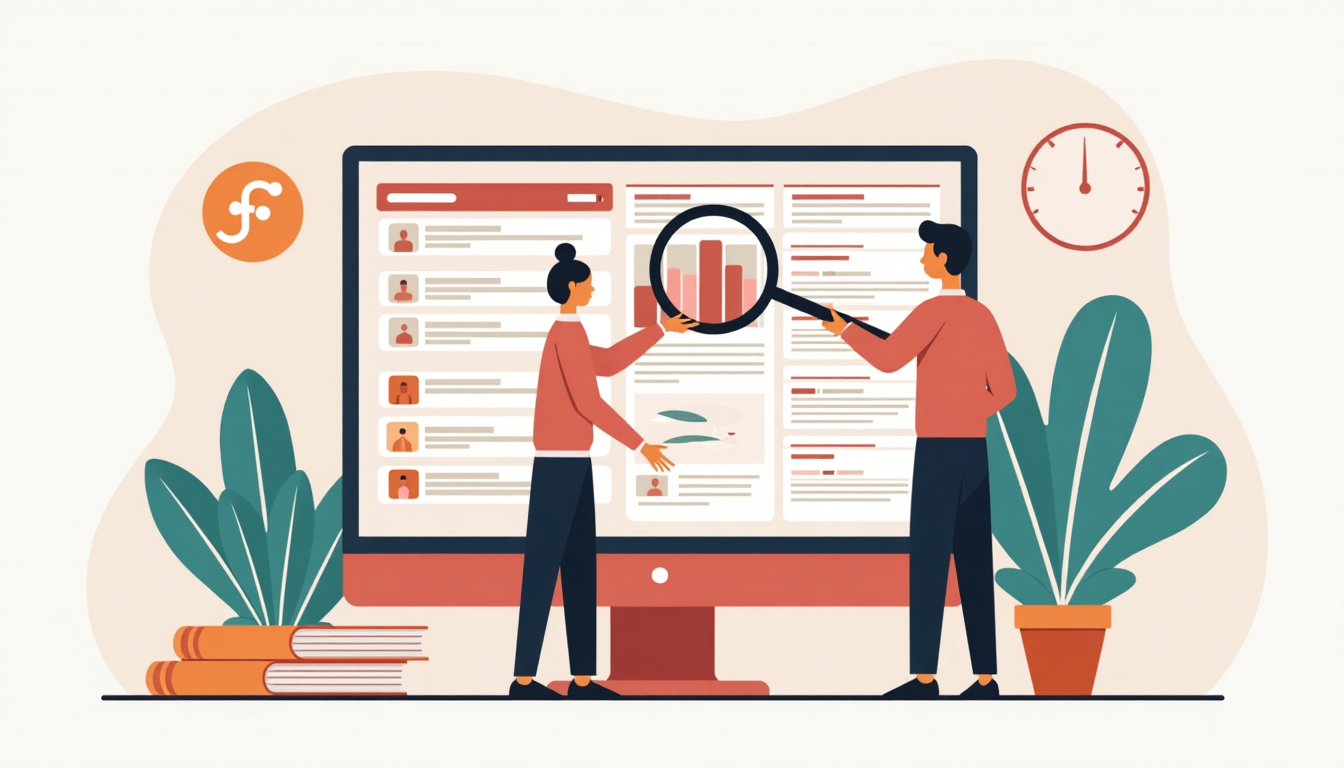

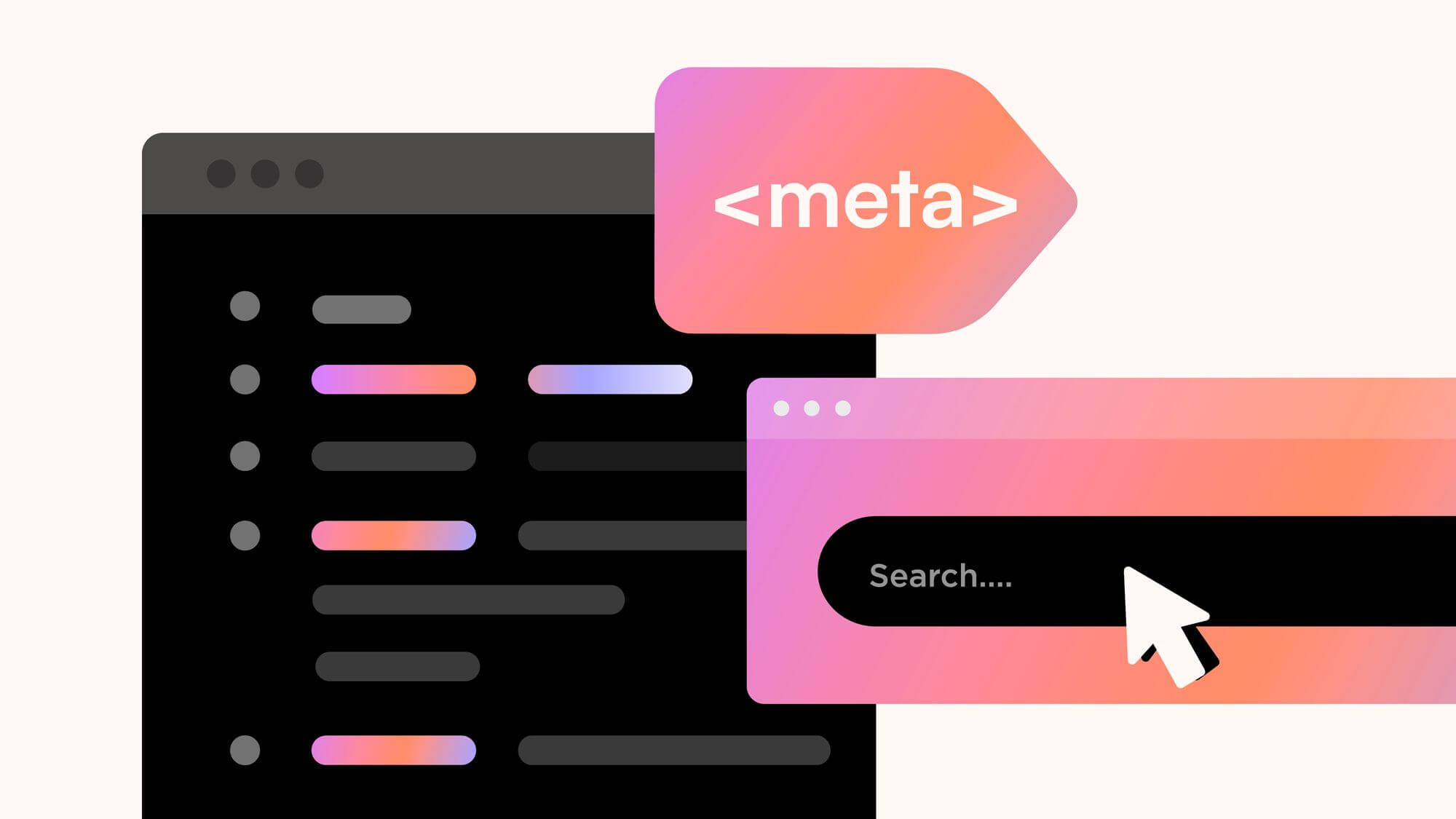
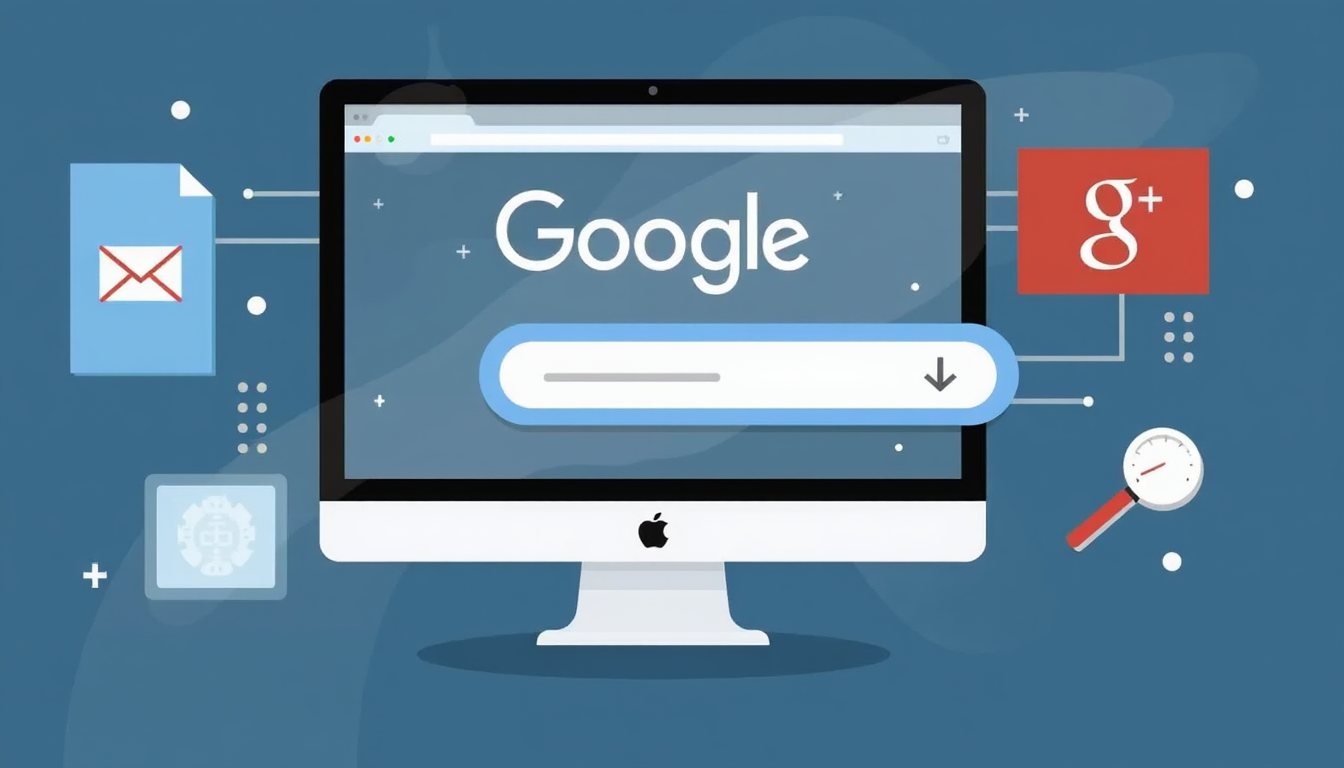
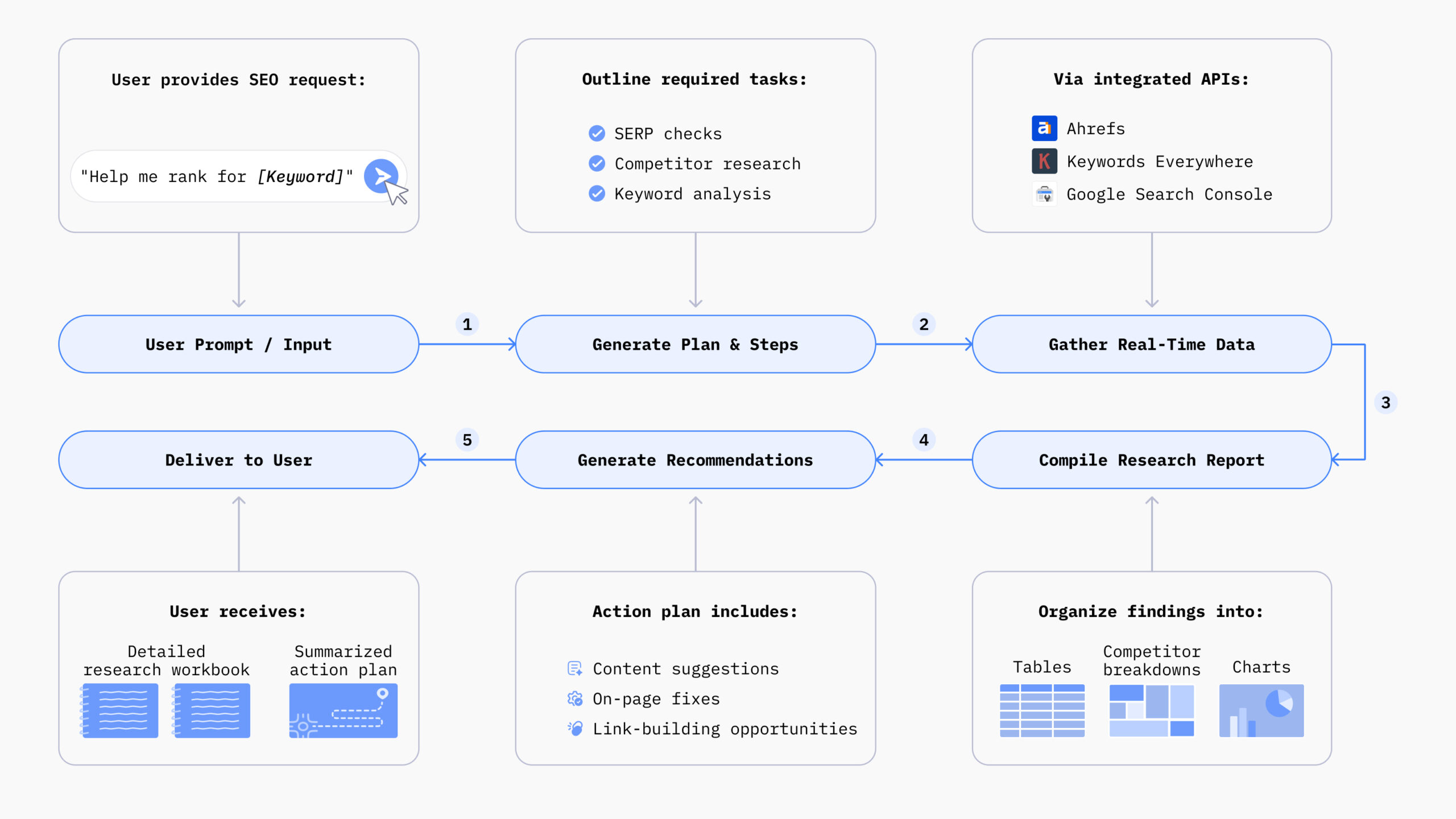
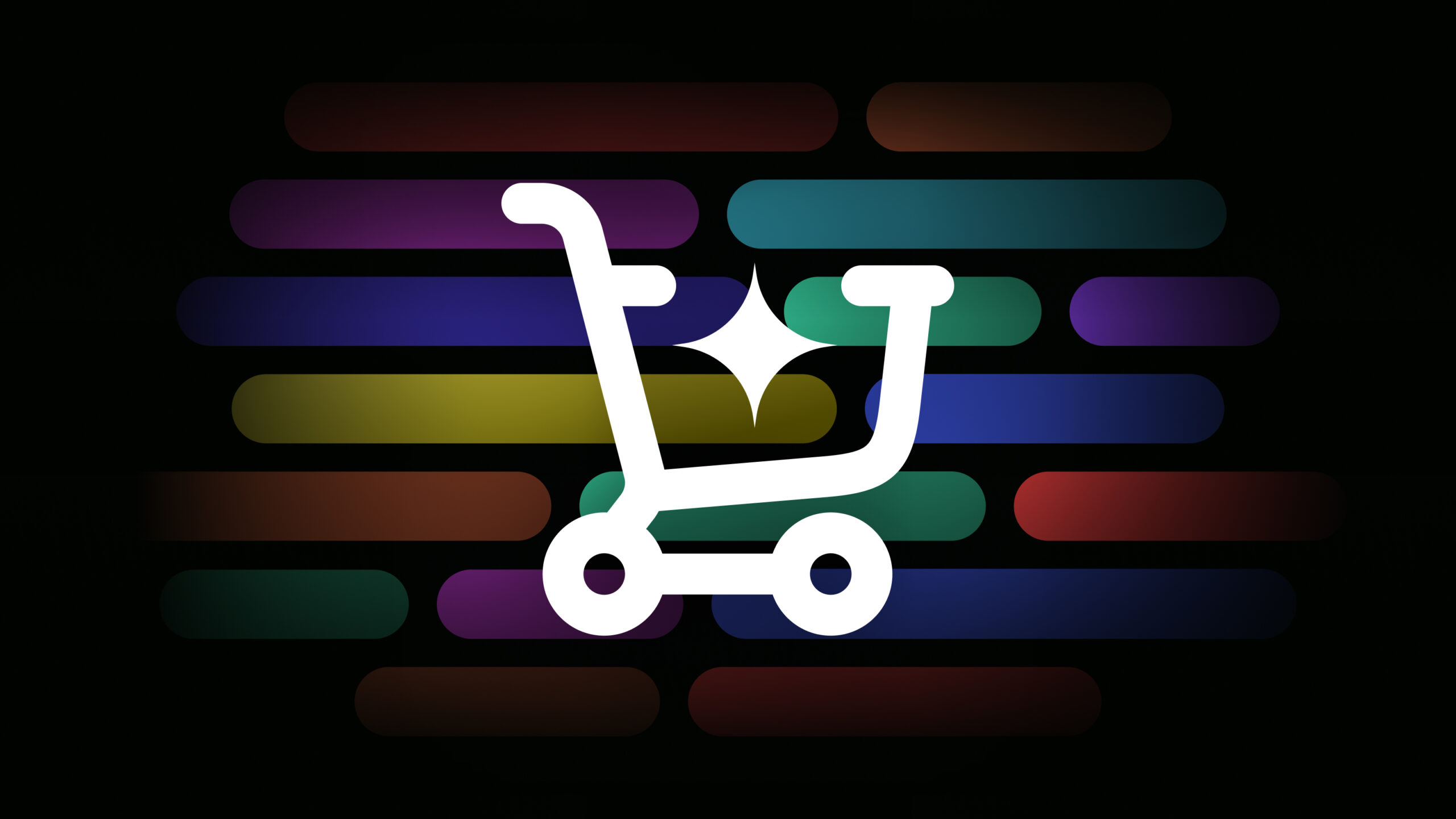

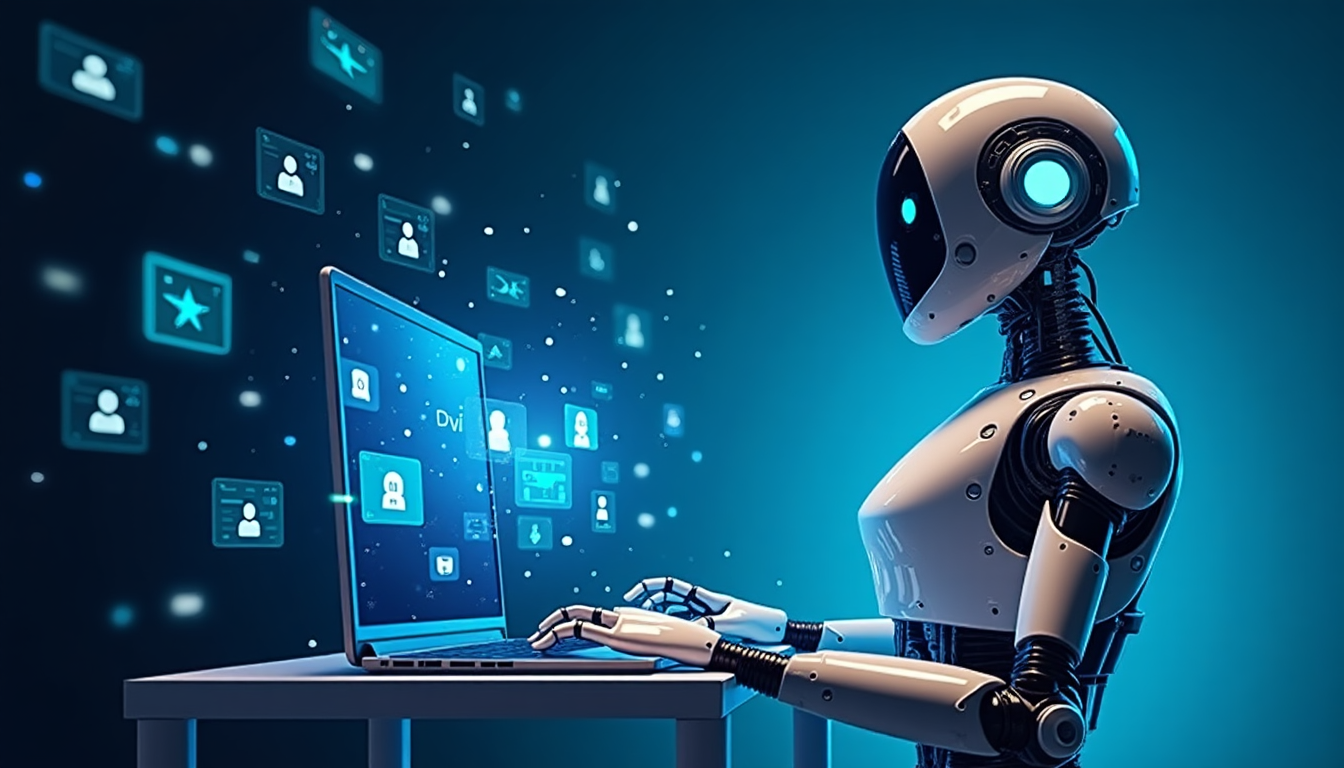
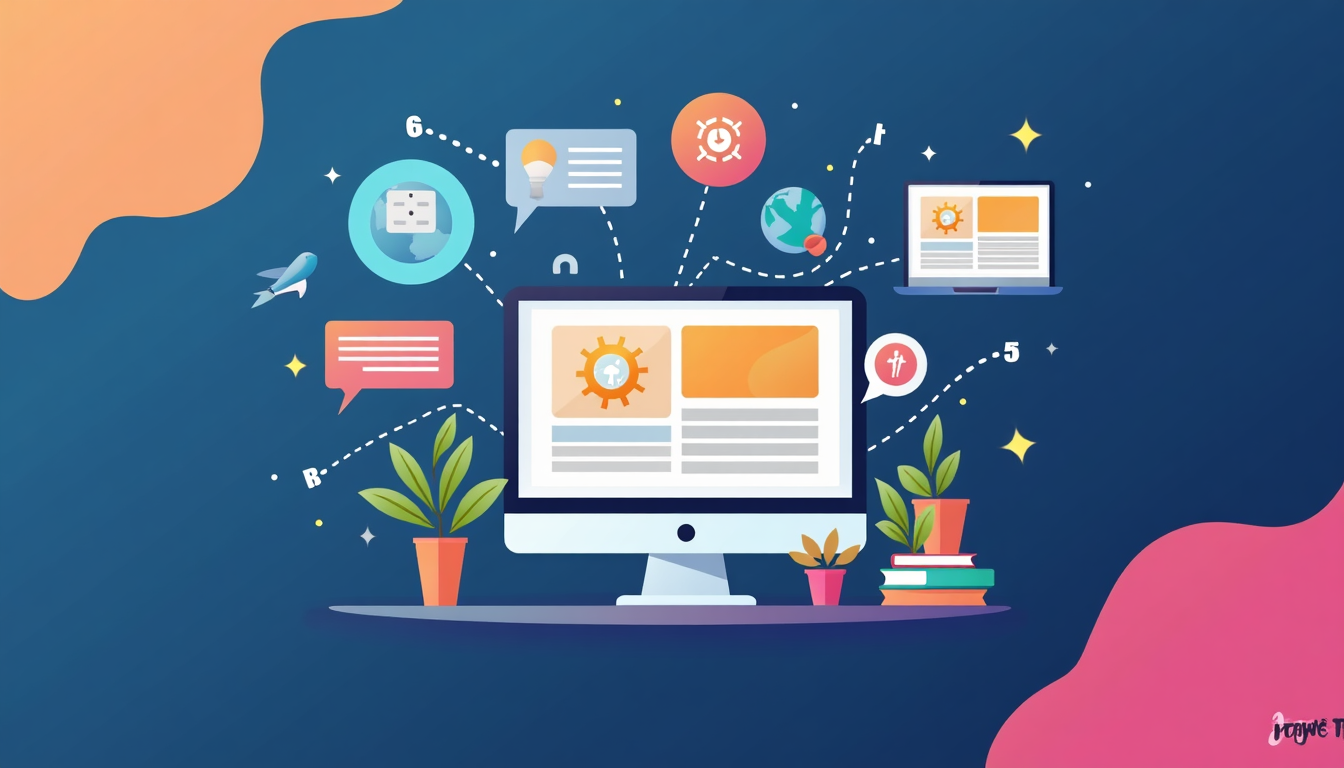


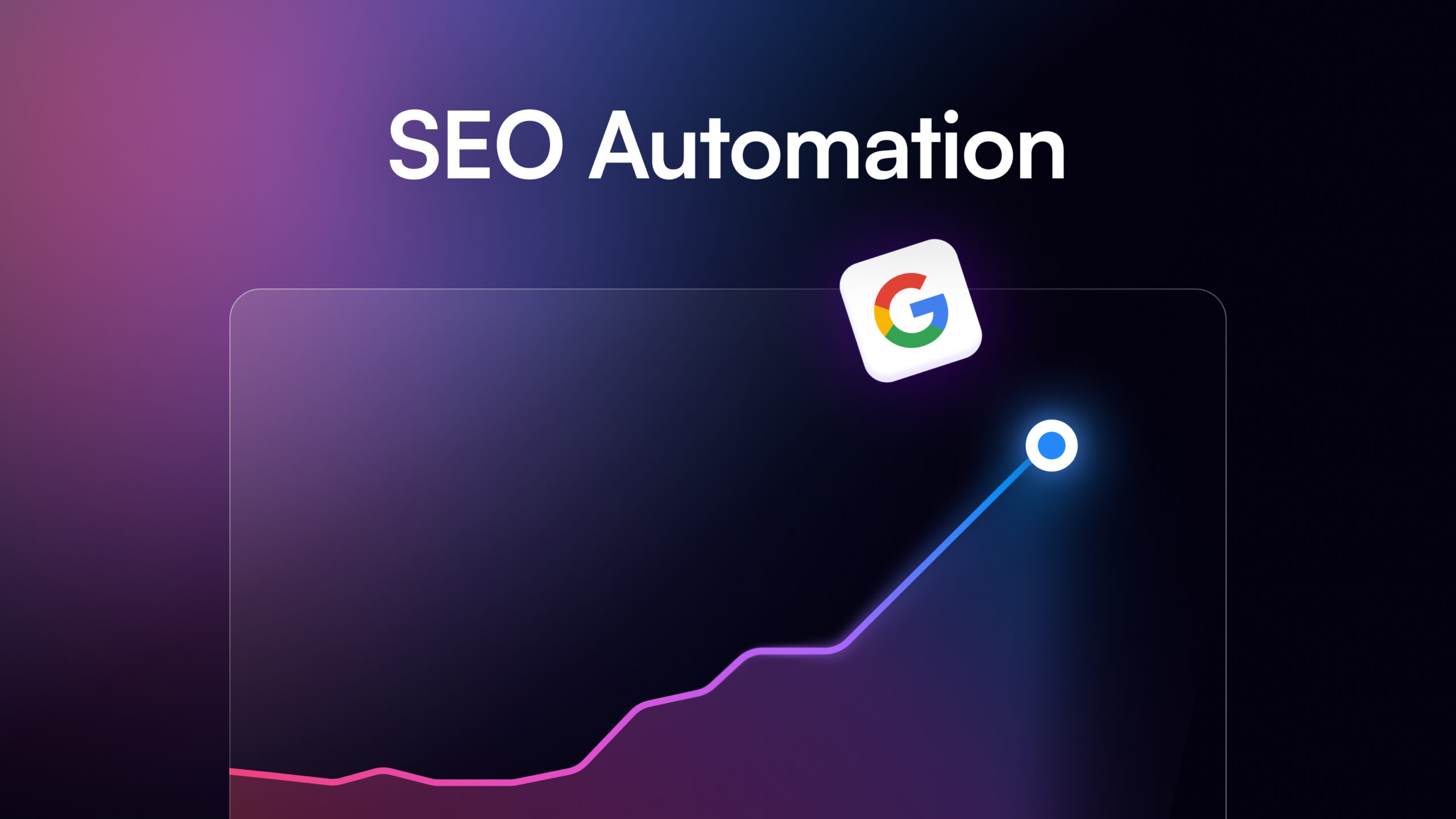

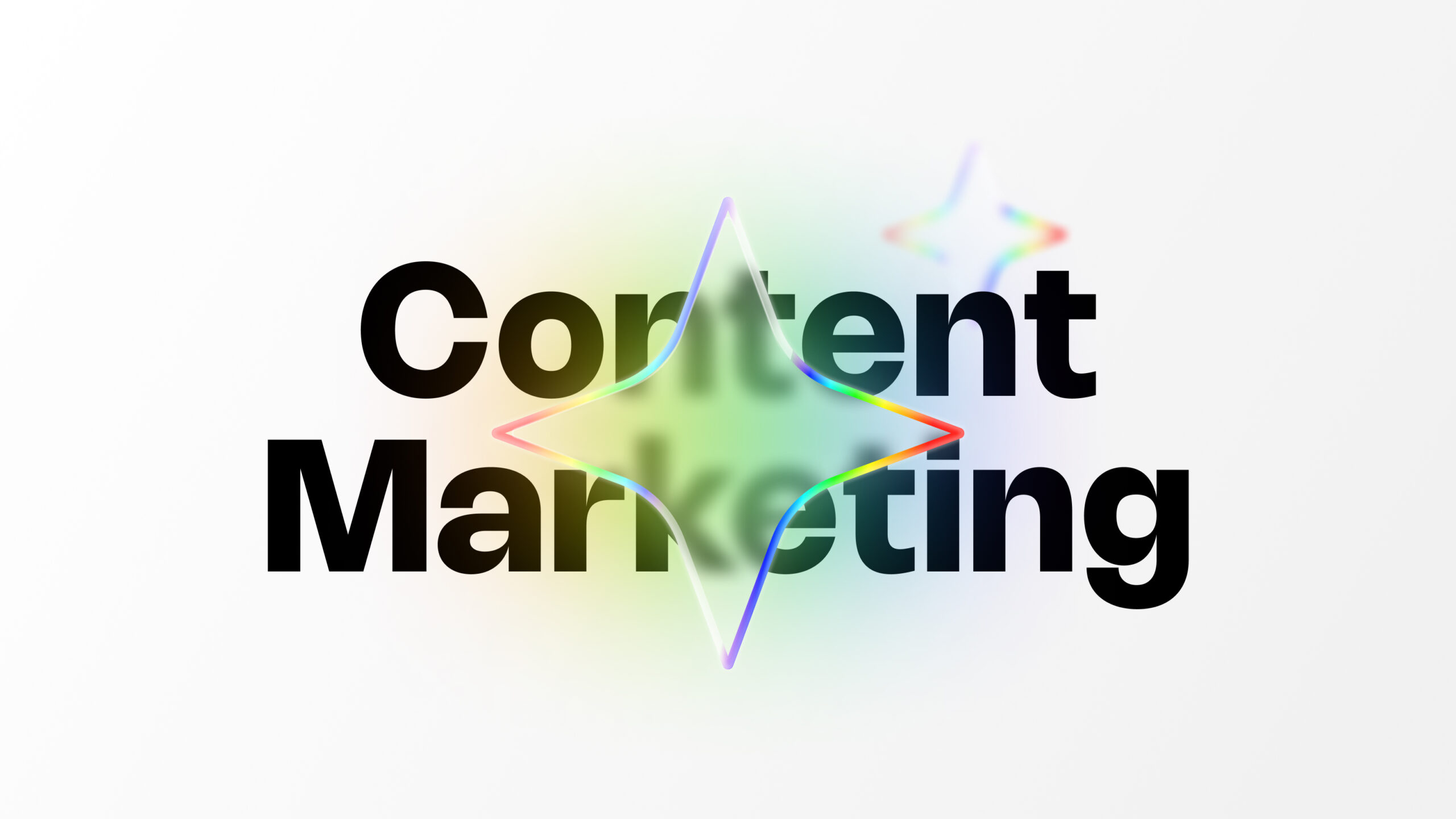

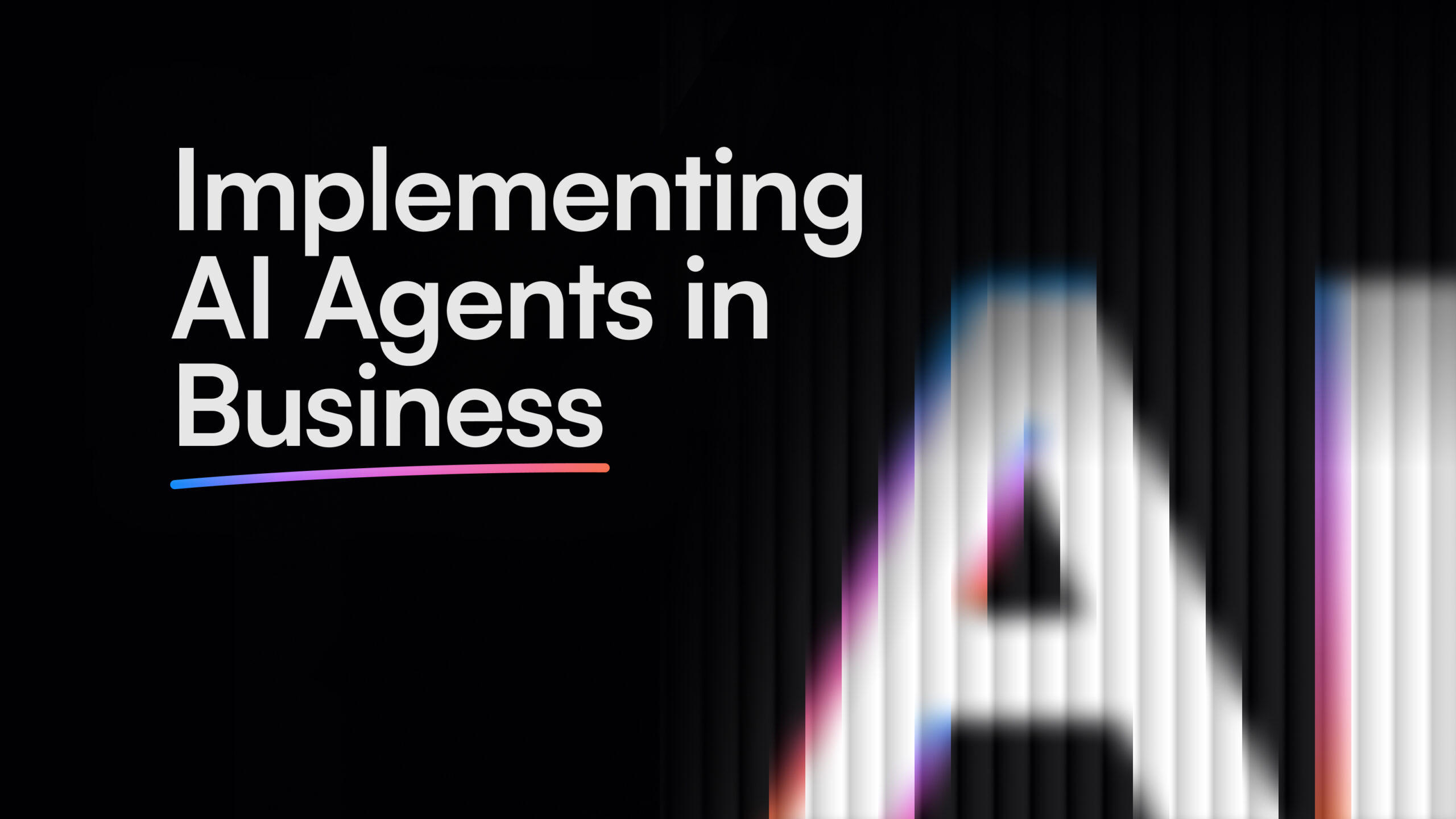
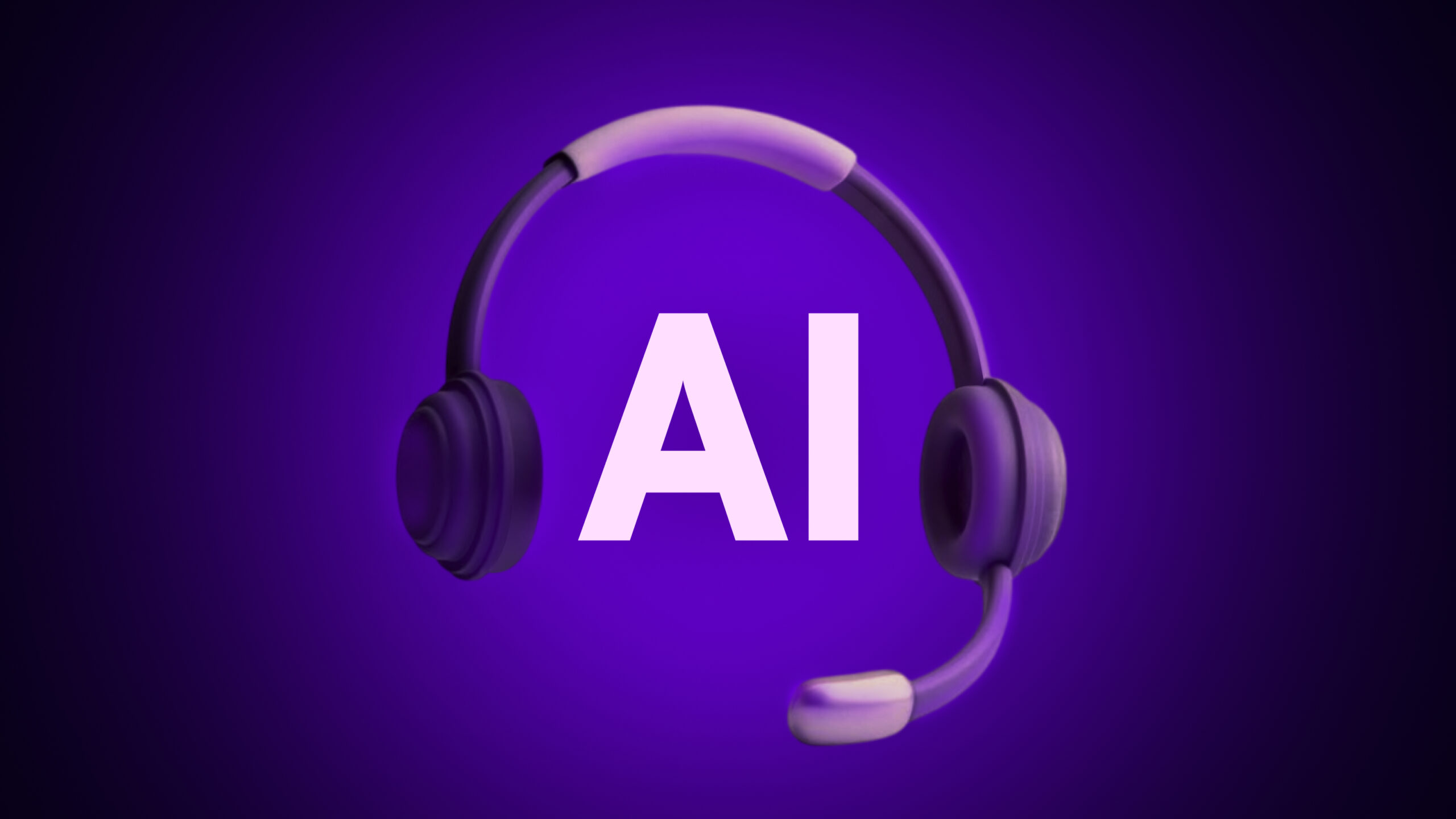
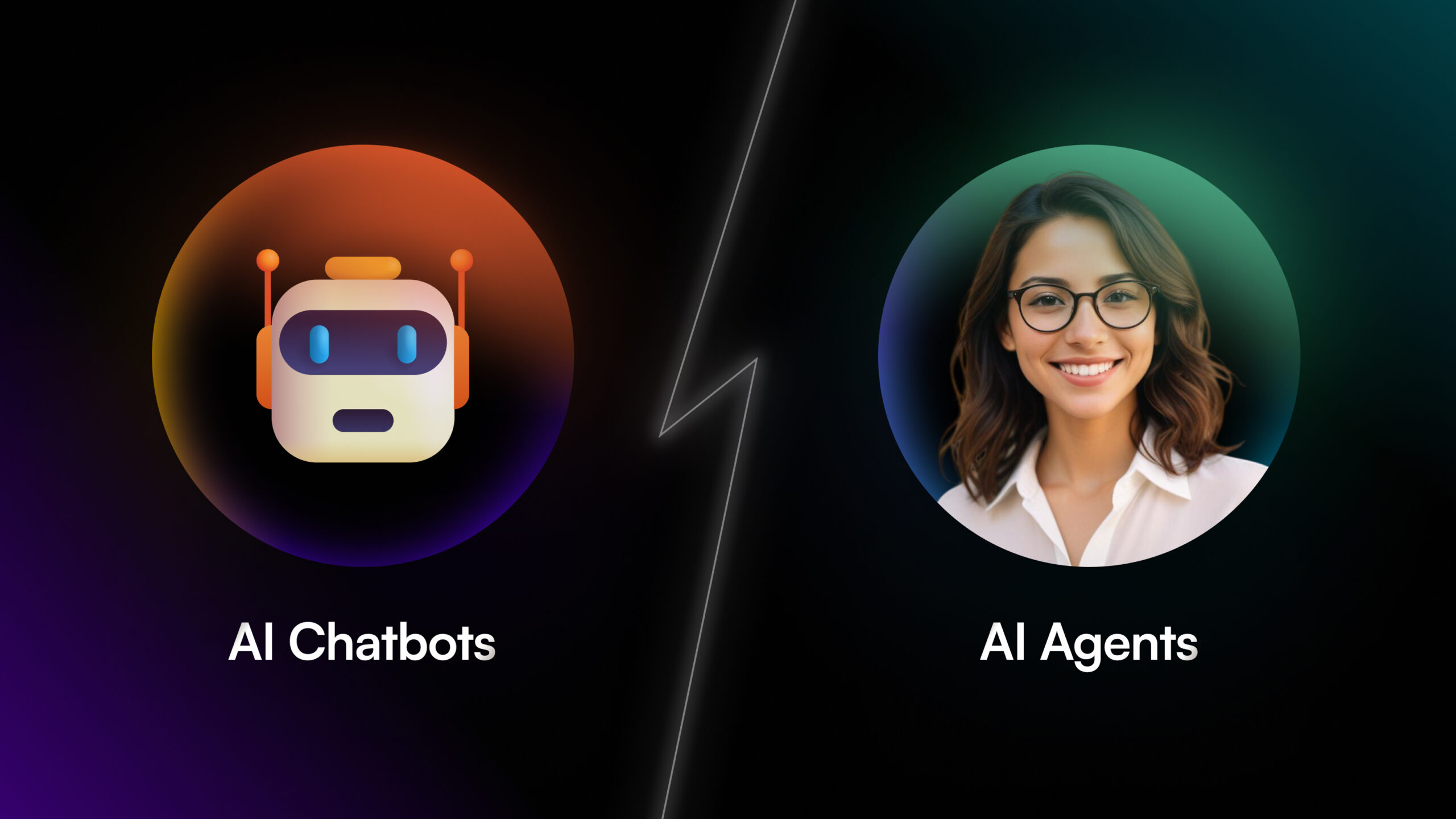
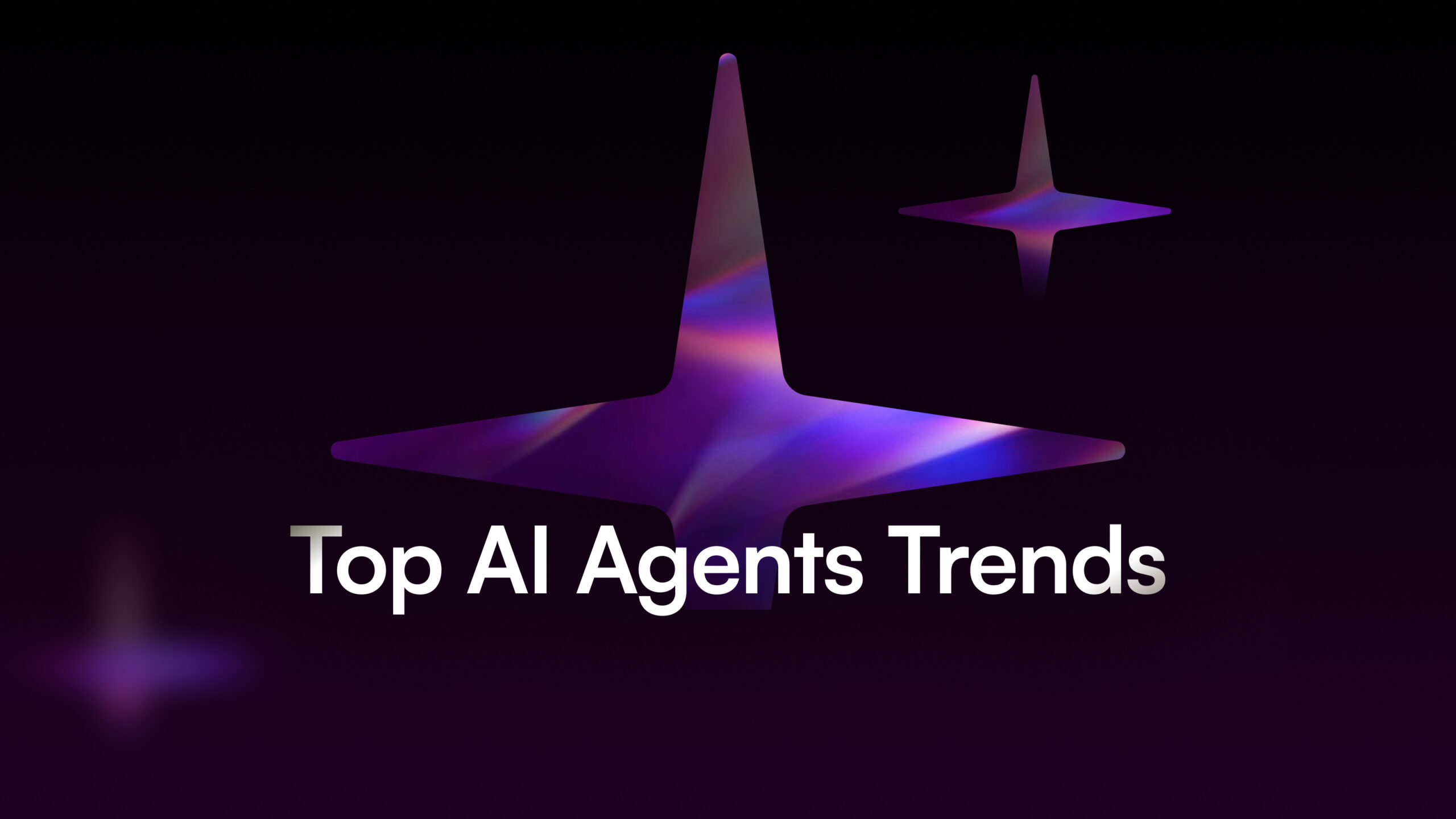
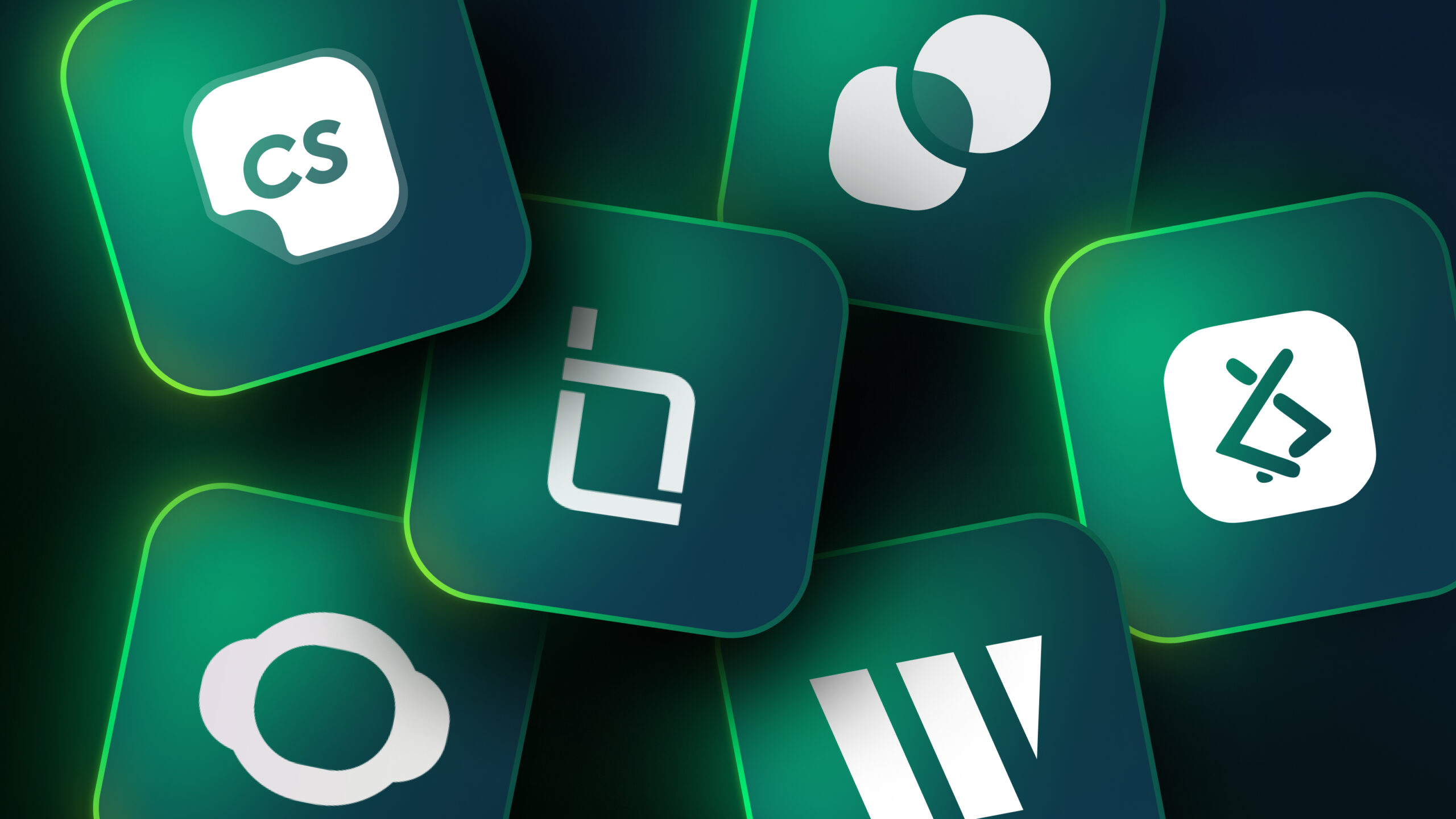
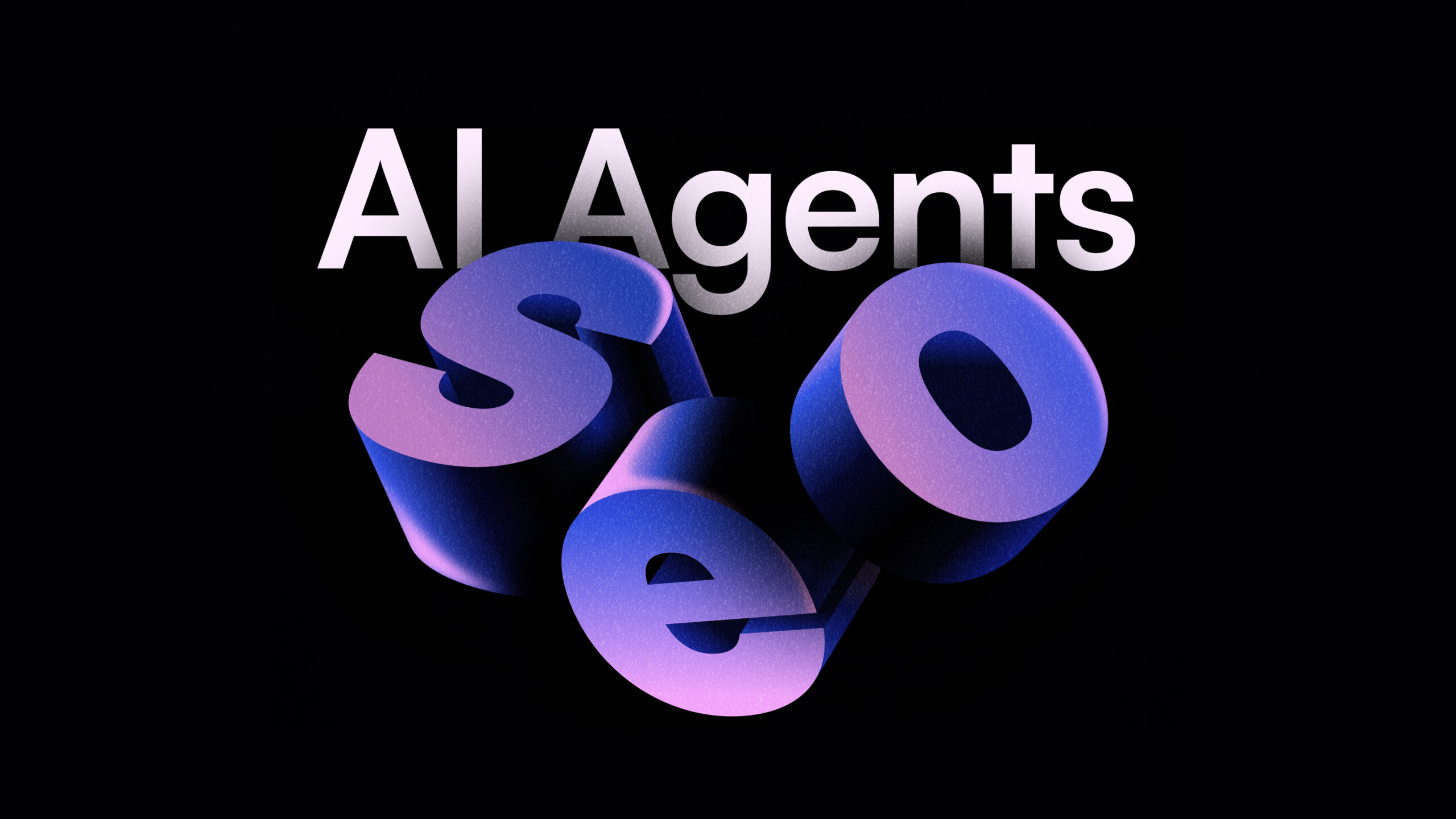
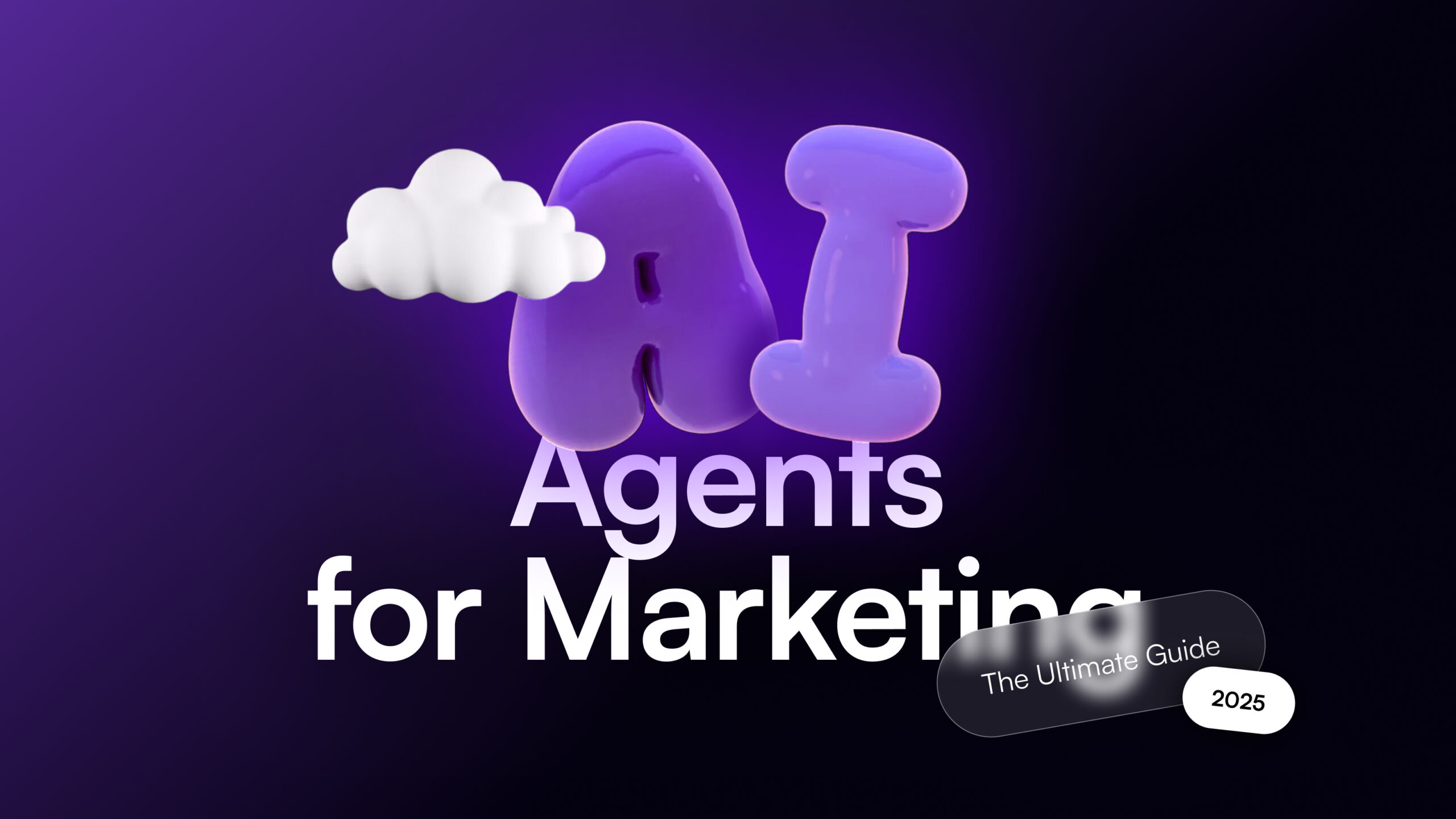
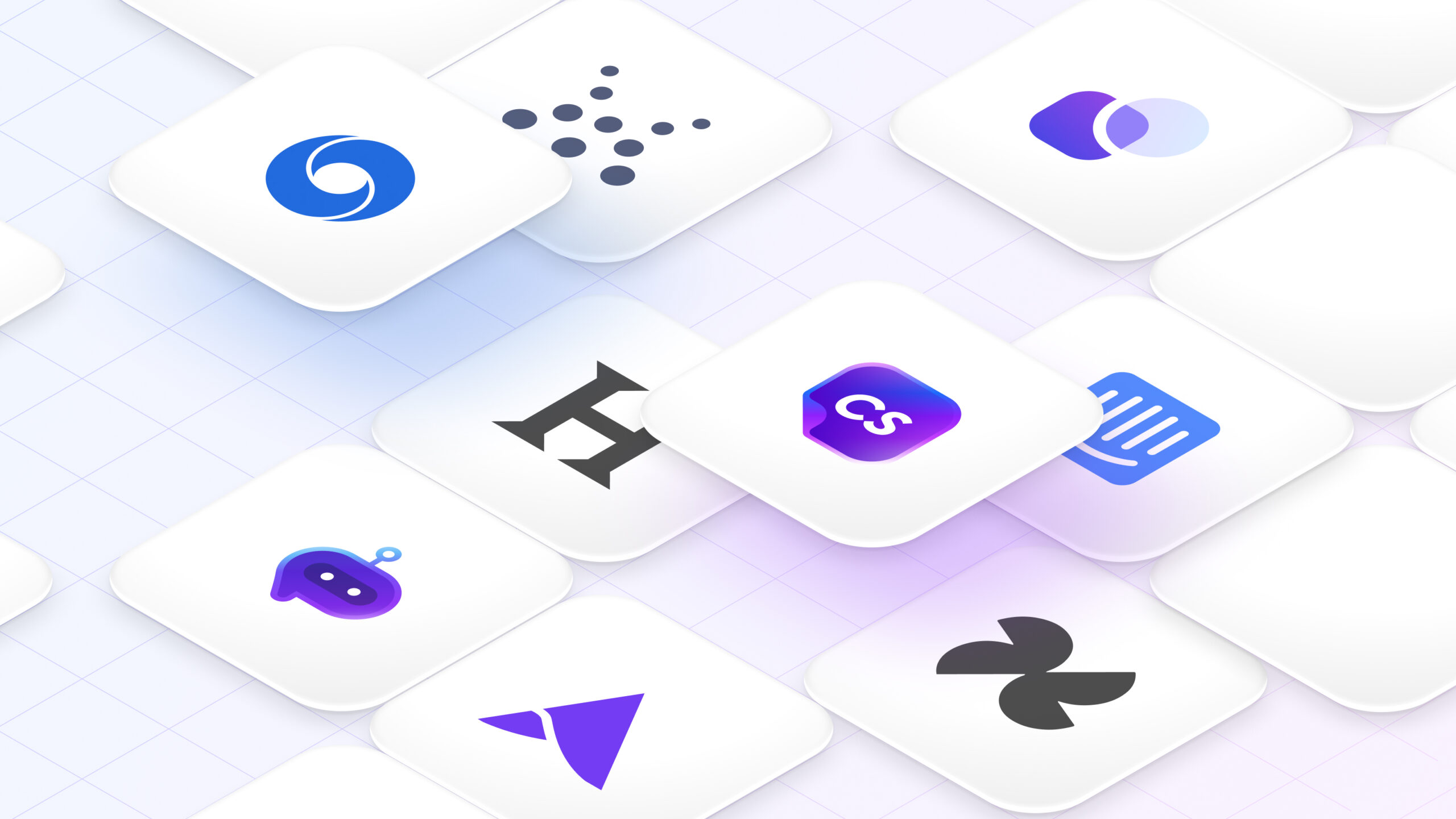
![40 AI Agent Use Cases Across Industries [+Real World Examples]](/wp-content/uploads/AI-Agent-Use-Cases-1-scaled.jpg)
